| |
|
|
| |
|
|
| |
 |
Kaouther Ben Amor, PhD Senior Scientist, Numico Research |
She and her colleague discuss their work with a prebiotic fiber mixture and its effect on gut flora of treatment naïve patients over time, as well as the difference between probiotics and prebiotics. This immune based approach and it’s outcomes in HIV patients will be fully described, along with future plans for more comprehensive immune function studies. |
 |
 |
 |
| |
|
|
|
|
|
|
| |
 |
Constance Benson, MD Professor, The University of California, San Diego |
Dr. Benson presented on the subject of anti-retroviral therapy, current and future, including: when to start, optimization of current therapy, how best to use new and novel classes of therapy and how to improve or delay progression of disease by interventions at the point of acute infection. She’ll summarize some of the research from the CROI that will cover these subjects. |
 |
 |
 |
| |
|
|
|
|
|
|
| |
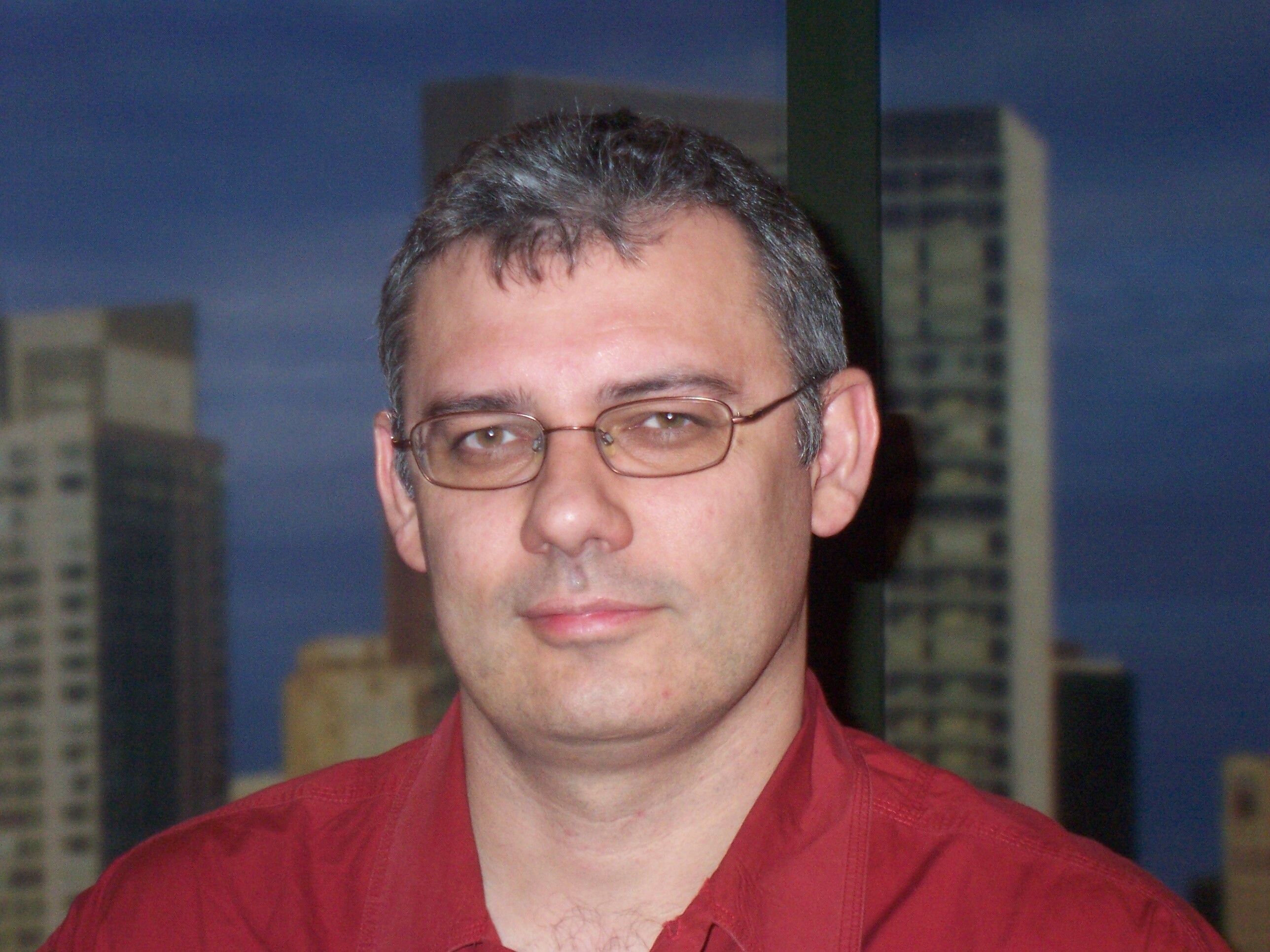 |
Paul Bieniasz, PhD Aaron Diamond Research Center |
Paul and his team at the Aaron Diamond Research Center has identified a protein called tetherin that host cells make that can act as an inhibitor of virus replication. He describes how HIV’s accessory gene makes a protein and VPU which inhibits the tetherin. He explains how this will provide an understanding with which to move forward in research with yet another target for HIV research. |
 |
 |
 |
| |
|
|
|
|
|
|
| |
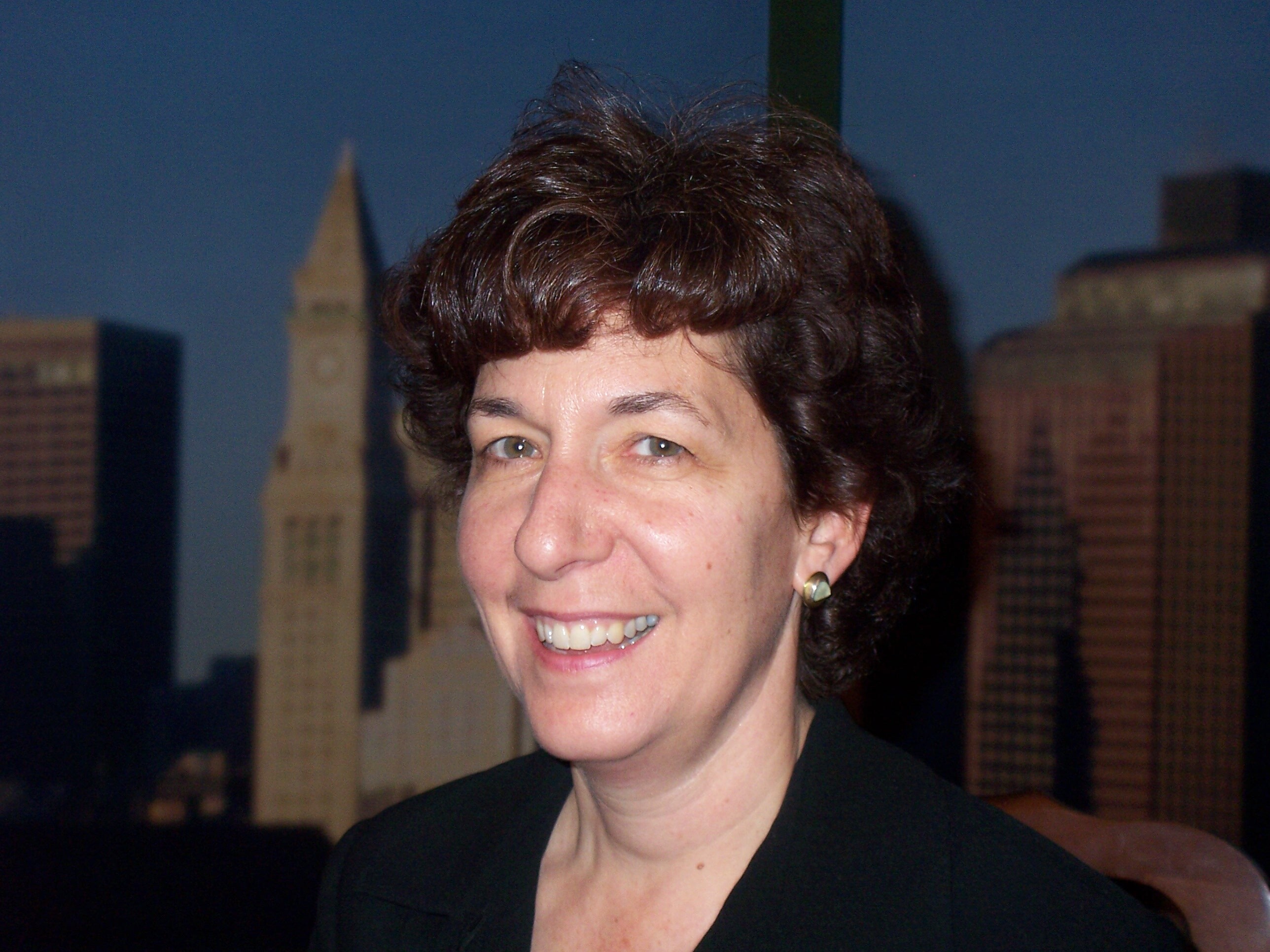 |
Susan Buchbinder, MD Director, HIV Research Section, San Francisco, Department of Public Health |
Susan will relate what was learned from the STEP trial, which was the vaccine trial that proved to be not only not beneficial but seemed to increase the risk of infection. She will address the need for follow-up to this trial, but will cover the prospects of further adenoviral vector research, as well as other viral vector research. |
 |
 |
 |
| |
|
|
|
|
|
|
| |
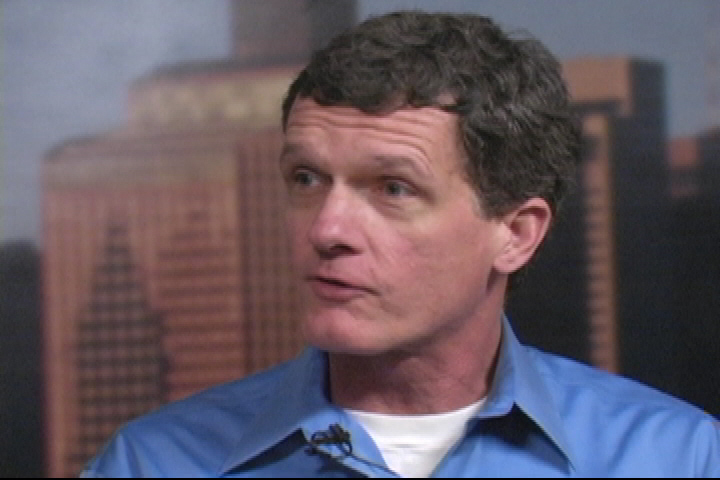 |
Tom Campbell, MD Associate Professor of Medicine, University of Colorado |
Dr. Campbell looks at more recent treatment interruption studies. He covers the Smart Trial and the lack of benefit for the interruption arm and another study which showed inflammatory proliferation in the interruption arm. He also evaluates the use of absolute markers vs. trends or stability of markers and other ways to assess the value or benefit of individual treatment, and overall standard of care. |
 |
 |
 |
| |
|
|
|
|
|
|
| |
 |
Richard Chaisson, MD Professor of Medicine, Johns Hopkins University |
He speaks to the need for developing new treatments for TB as well as finding better ways to use the treatments we currently have, and address the problem with inferior TB drug treatments being developed by sub-standard manufacturers. He’ll speak about vaccine candidates for TB as well as the multi-drug resistant MDR-TB and extraordinary challenges to extremely drug resistant TB, (XDR-TB). |
 |
 |
 |
| |
|
|
|
|
|
|
| |
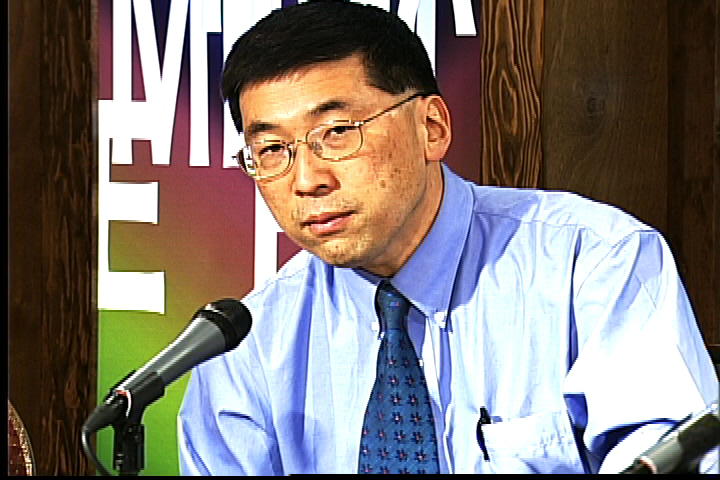 |
Raymond Chung, MD Director of Hepatology, Massachusetts General Hospital |
Ray covered the Slam-C study to maximize the ability to achieve reduced fibrosis progression or not in an initial phase, as well as secondary phase which will study longer treatment. He will cover some very interesting new information in fibrosis research in Hepatitis, and the possibility to contribute to better treatment in acute infection as opposed to chronically infected patients. He provides a public health message to be very careful to not become reinfected with Hepatitis-C after having gone through the rigorous treatment to clear Hepatitis-C viral infection |
 |
 |
 |
| |
|
|
|
|
|
|
| |
 |
Bonaventure Clotet, MD PhD, Director of HIV Lab and Retrovirology Unit, Hospital Universitarie Germans Grias I Pujol |
(This interview is in Spanish) |
 |
 |
 |
| |
|
|
|
|
|
|
| |
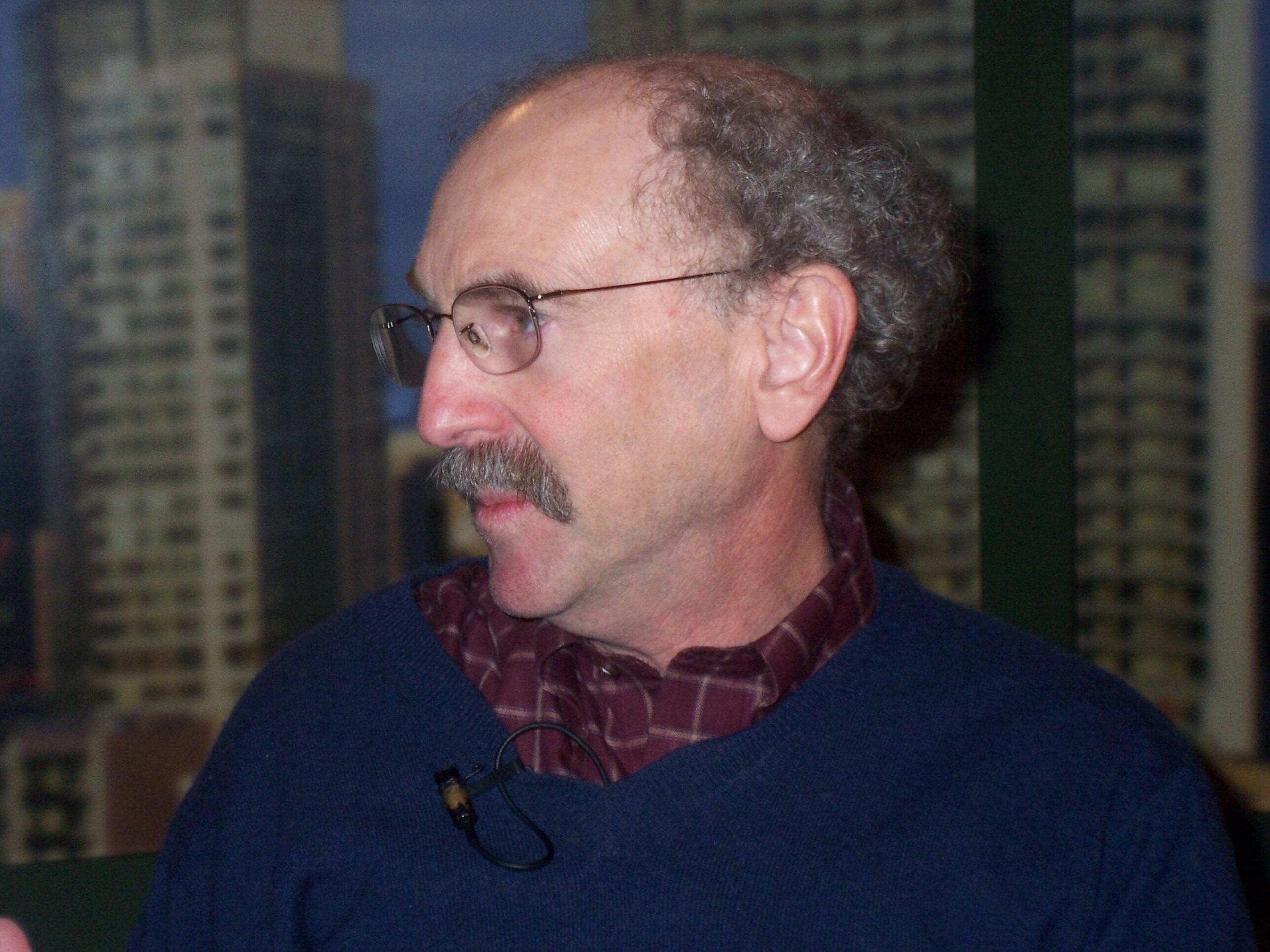 |
David Cohn, MD
Associate Director
Denver Public Health |
He conveyed some of the analysis of the Smart Study, which revealed some unexpected results, such as the non-AIDS events in the structured treatment interruption arm of the study. This and other outcomes provided critical results that will spin off to more studies to more definitively answer these important questions. He will cover some of the work to be done in the areas of: the utility of cardiovascular markers; virus role in renal and hepatic disease; morbidity and mortality in the HAART era. The START study will also be discussed. |
 |
 |
 |
| |
|
|
|
|
|
|
| |
 |
Kevin DeCock, MD Director, Department of HIV/AIDS, World Health Organization |
His overview provides a look at the real needs of the people, and the need to develop access to treatment, prevention and care. He’ll also address the need for good policy driven by the outcomes of research around mother to child transmission and HIV testing. He’ll cover the importance of local humanitarian support and the sustainability of the system of care and treatment access. We thank Dr. DeCock for participating in this IFARA interview forum each of the past seven years. |
 |
 |
 |
| |
|
|
|
|
|
|
| |
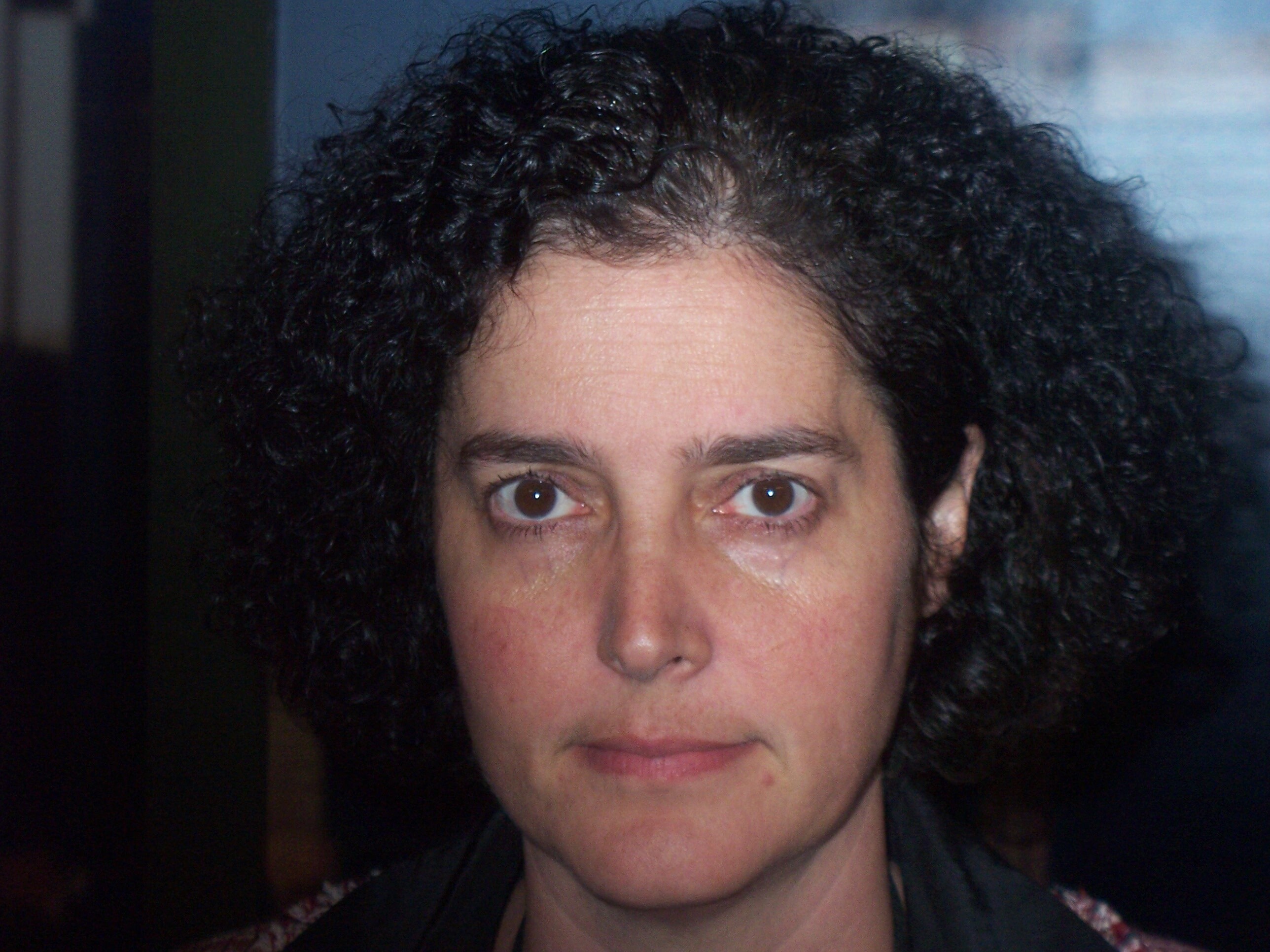 |
Betina Durovni, MD
Health Department
Rio De Janaiero |
Betina chaired a session on TB at the CROI, which covered the basic science, public health and the high prevalence of co-infection with HIV. She discusses her sense of the issues, such as XDR TB in South Africa, and in her own country of Brazil where HIV and TB is being addressed through a coordinated effort. |
 |
 |
 |
| |
|
|
|
|
|
|
| |
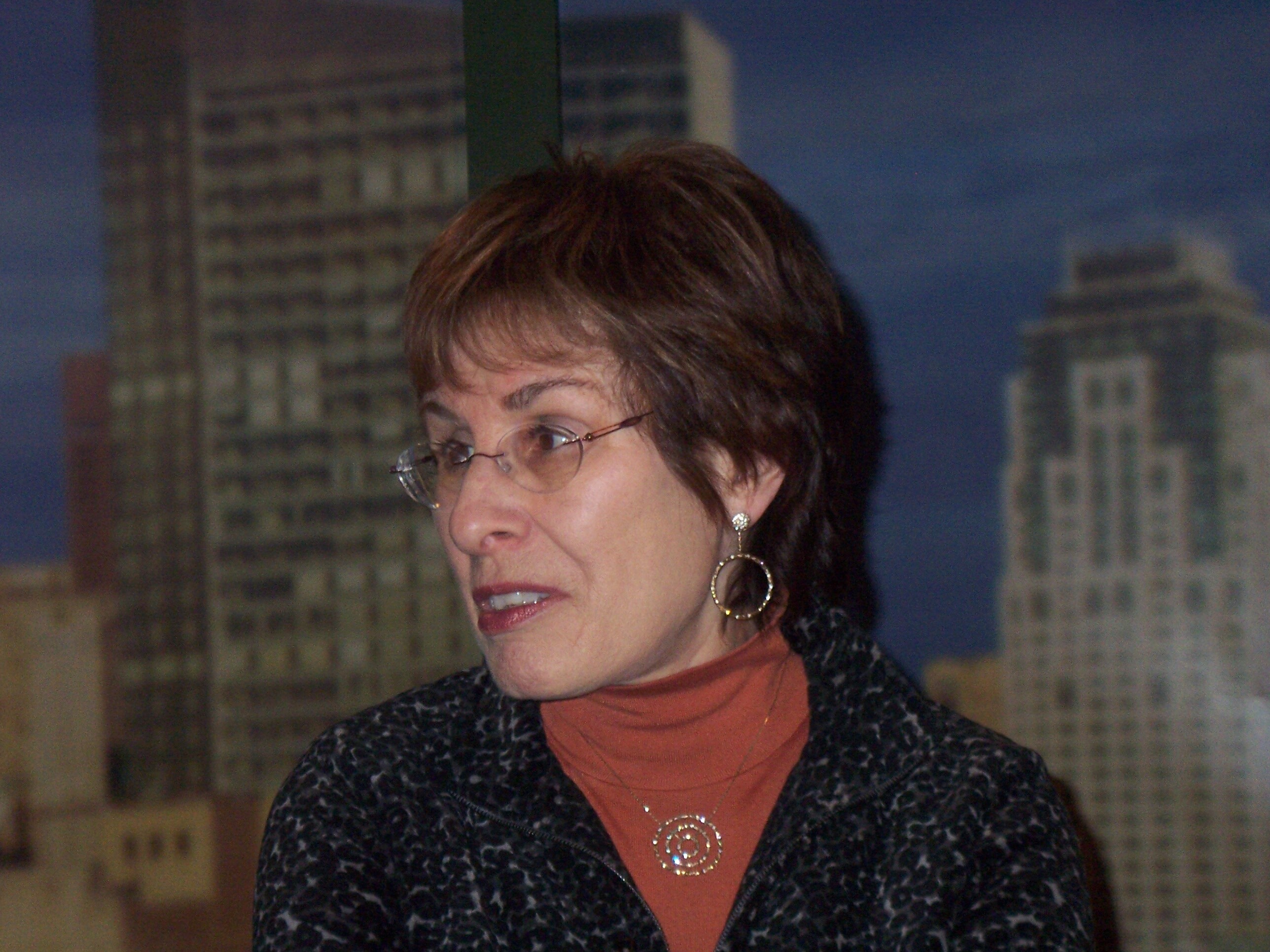 |
Rita Effros, PhD Professor
David Geffen School of Medicine
UCLA |
Rita is a member of the program on Aging and HIV at UCLA and presented in a symposia at the CROI on this subject. Rita and her colleagues work to understand the architecture of the immune system and how this new information may lead to a way to activate and improve the immune function in HIV disease and other viral infections. |
 |
 |
 |
| |
|
|
|
|
|
|
| |
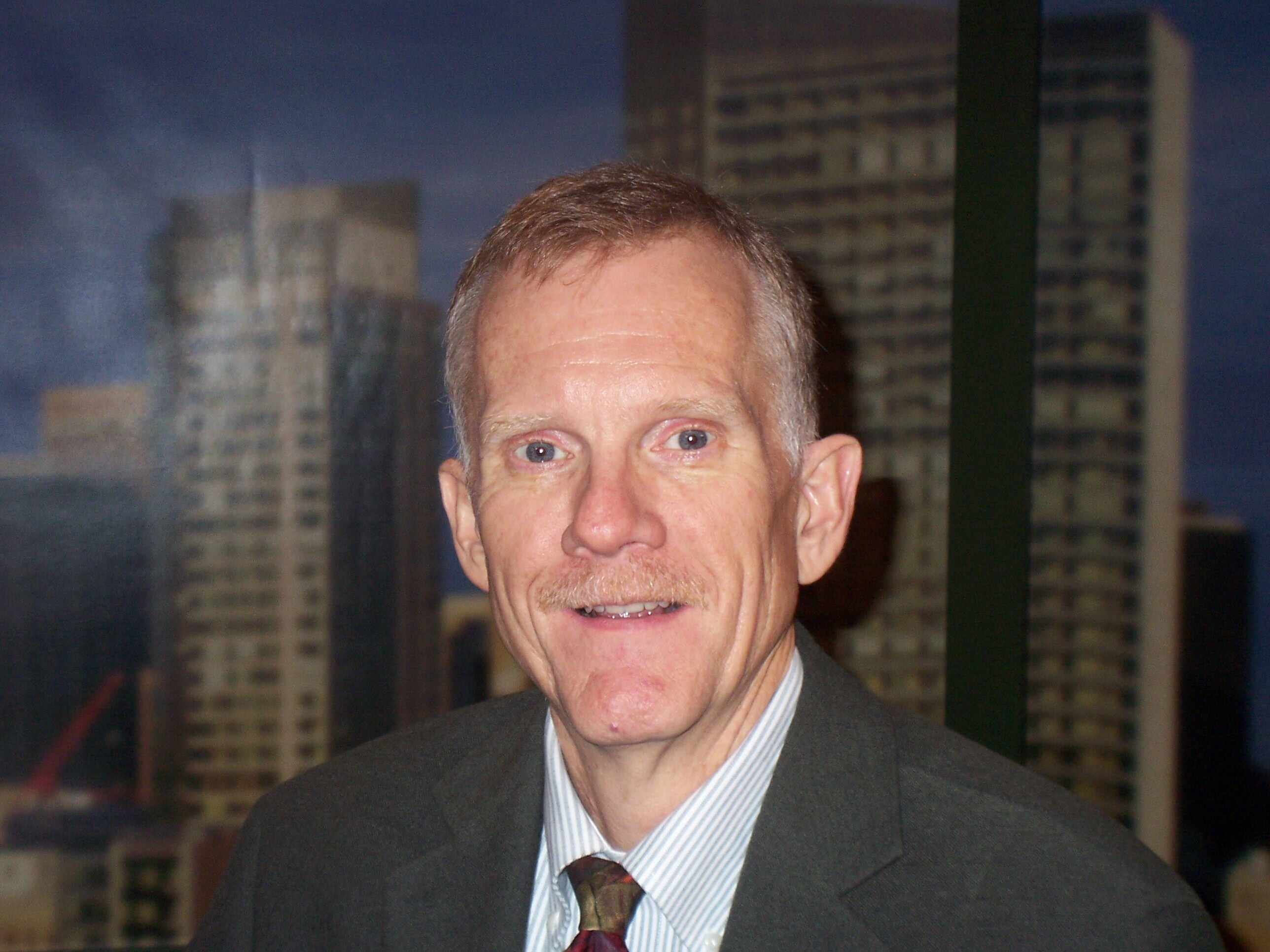 |
Courtney Fletcher, PharmD , Professor, University of Nebraska Medical Center |
He will elucidate the number of factors that contribute to the development of drugs, including, dose, dosing interval, drug interactions, sexual activity, ethnicity, age. He provides some introspection about the way in which drugs are evaluated for their ability to interact with other prescribed drugs as well as over-the-counter drugs. He’ll also provide some guidance into the difficulty of working around drug interactions, by modifying treatment doses or therapeutic drug level monitoring. |
 |
 |
 |
| |
|
|
|
|
|
|
| |
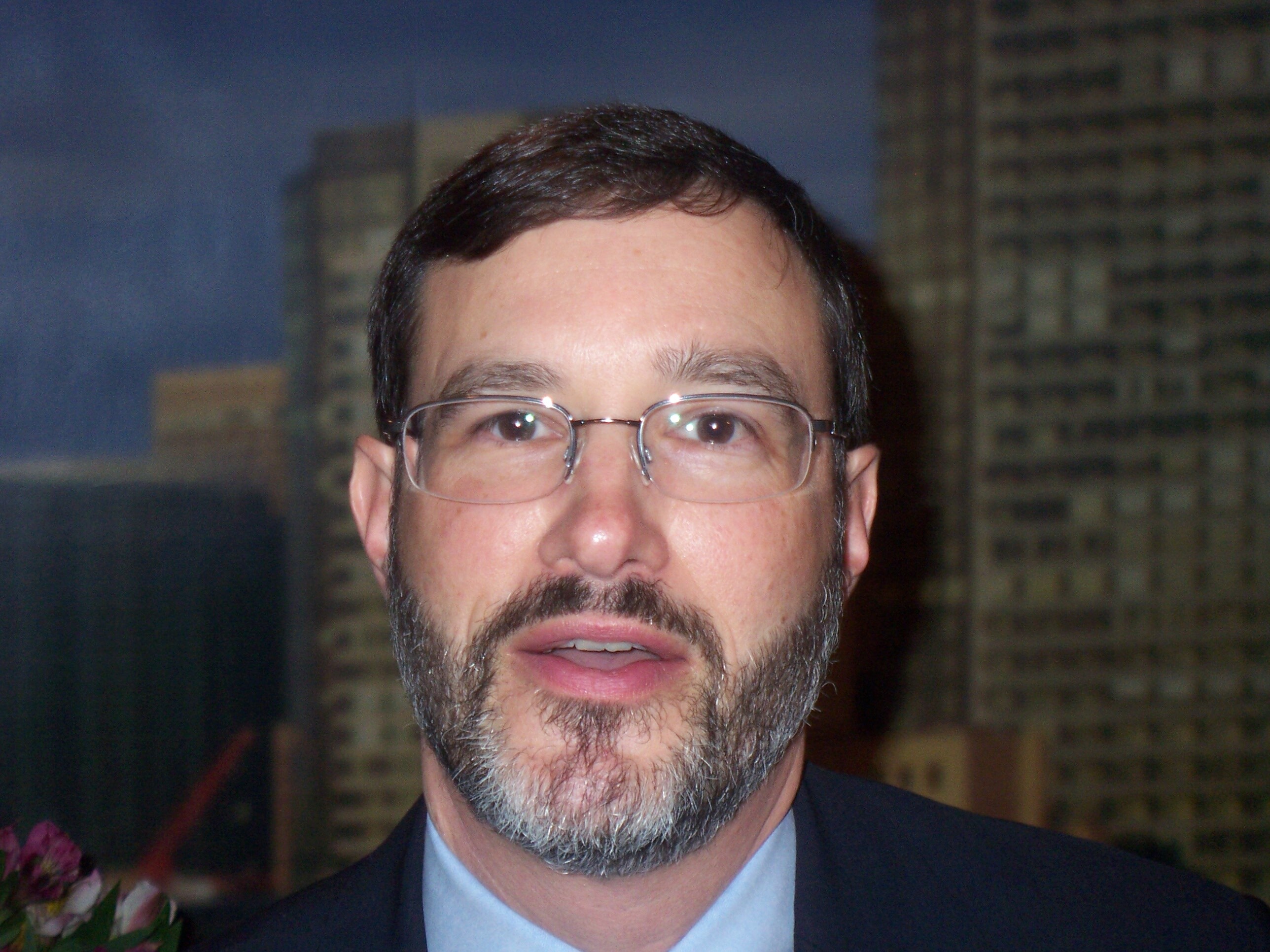 |
Charles Flexner, MD Professor, Johns Hopkins University |
He’ll describe how the body handles drugs and age related changes relative to the kidney and liver. He’ll cover some of his concerns for why the aging population are either not volunteering or are otherwise excluded from critical trials in the process of drug approval. He has focused on the importance of therapeutic drug level monitoring for years to determine if there is a benefit to conducting TDM to prescribe adjusted dosing in protease boosting, and will cover the latest findings in this area. |
 |
 |
 |
| |
|
|
|
|
|
|
| |
 |
Silvia Franceschi, MD Cluster Coordinator, International Agency for Research on Cancer |
She will express the importance of treatment and prevention of cervical cancer in all Countries in the World. The high prevalence of women acquiring cervical cancer, which is a five fold risk, was studied as an unfortunate result of recent success of HIV treatment causing women to live long enough to acquire the disease. She will discuss the importance of screening in combination with HIV treatment in all clinics and especially in the developing countries. |
 |
 |
 |
| |
|
|
|
|
|
|
| |
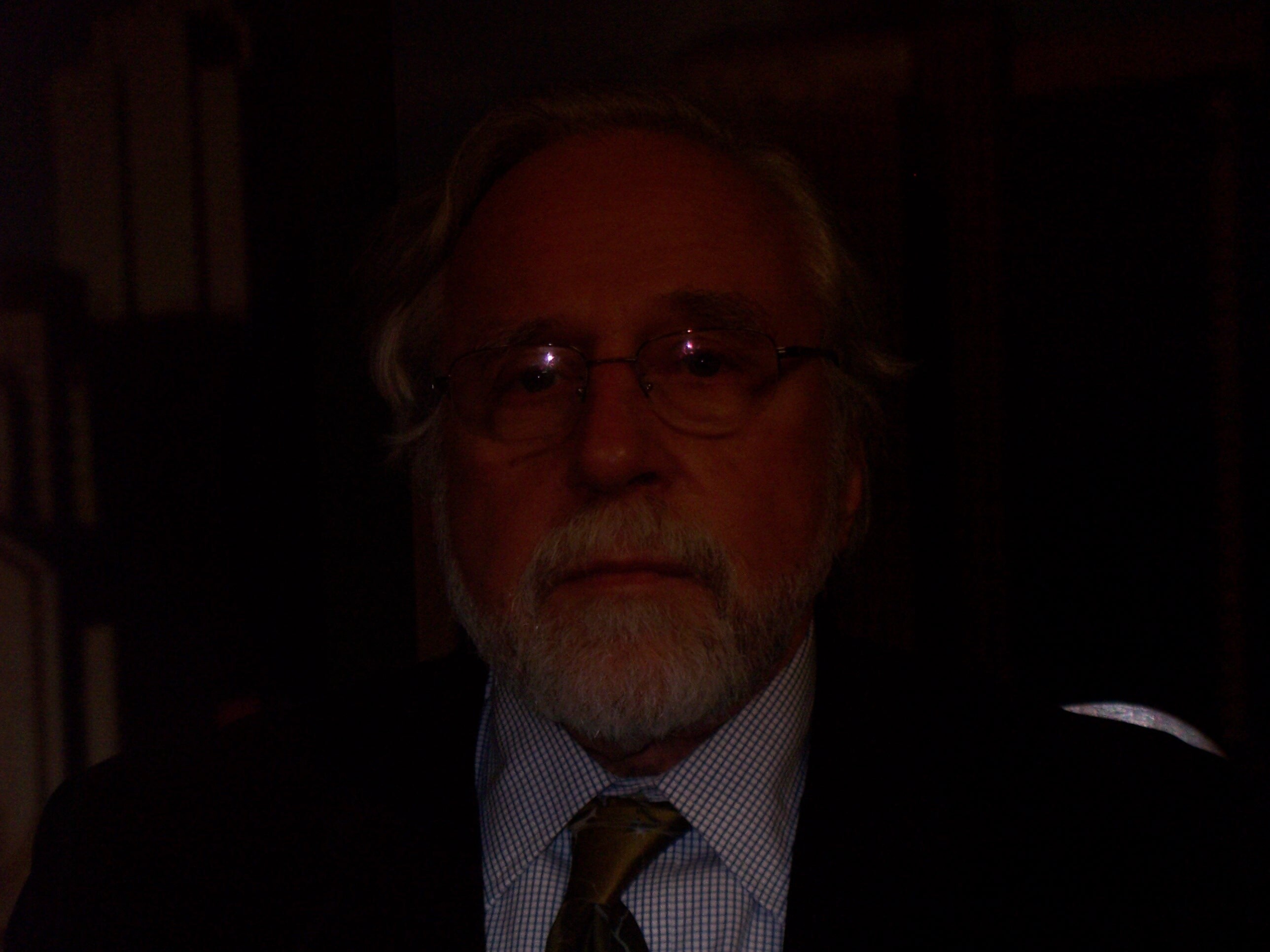 |
Gerald Friedland, MD Director, AIDS Care Program, Yale University |
Dr. Friedland has been working within rural Quzulu Natal, South Africa on the XDRTB which as grown to an epidemic presenting with rapid motality in the past few years. He will speak to the importance of developing a combination of strategies to reduce the consequences of the epidemic. He also asks for long-term solutions, utilizing resources for strengthening TB programs around the World, efficient diagnosis programs, and new drug treatments. |
 |
 |
 |
| |
|
|
|
|
|
|
| |
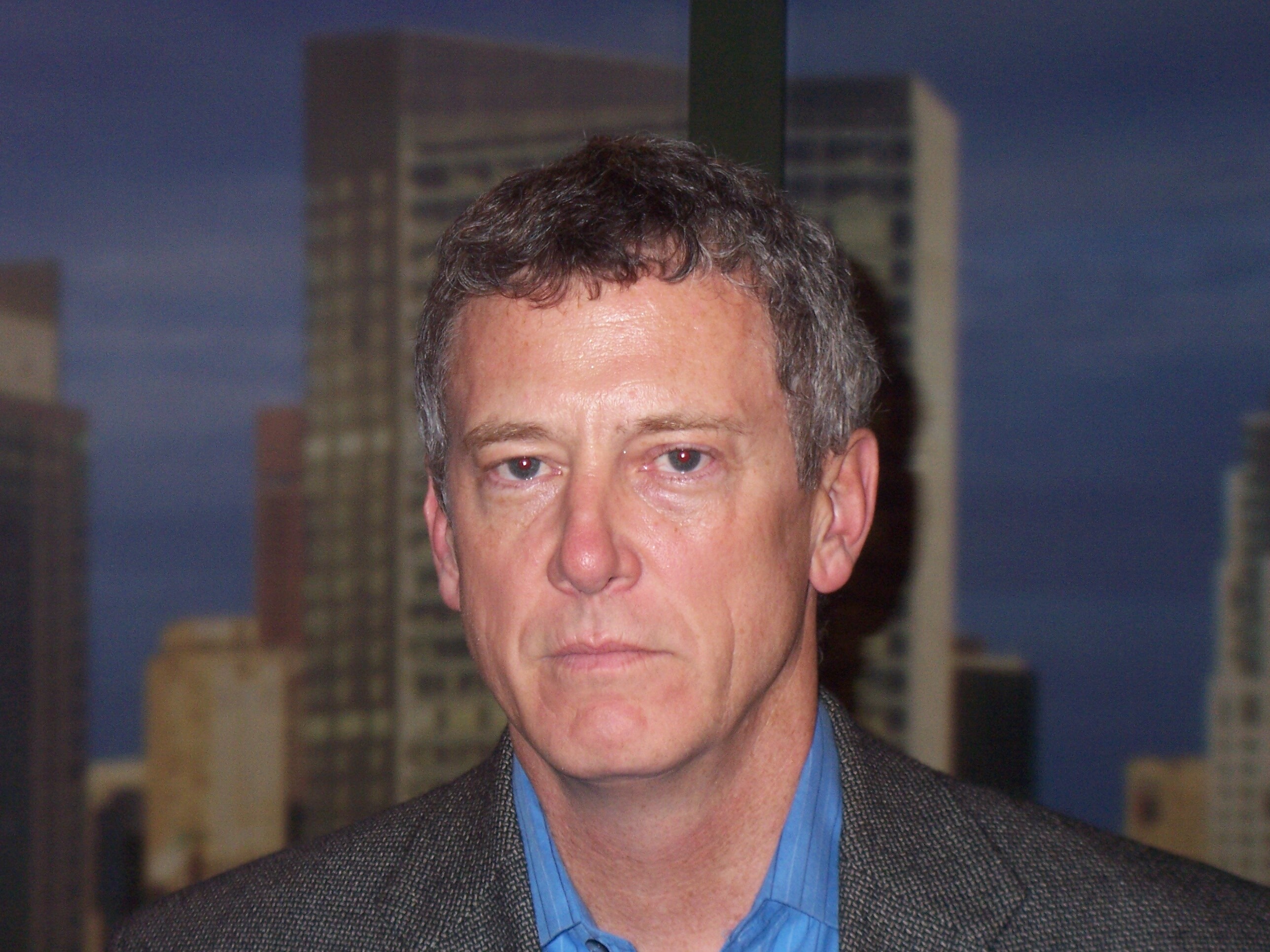 |
Joel Gallant, MD, Professor of Medicine and Epidemiology, Johns Hopkins University School of Medicine |
Joel will review some of the studies focusing on boosted protease inhibitors and some of the issues with or without the use of boosting, side effects of the current boosting agent and future options. He’ll cover some of the side effects of and relative risks of associated diseases in some observational studies, and placed in proper perspective and context. He’ll also discuss some of the presentations in prevention, especially as it relates to patients who are effectively treated. |
 |
 |
 |
| |
|
|
|
|
|
|
| |
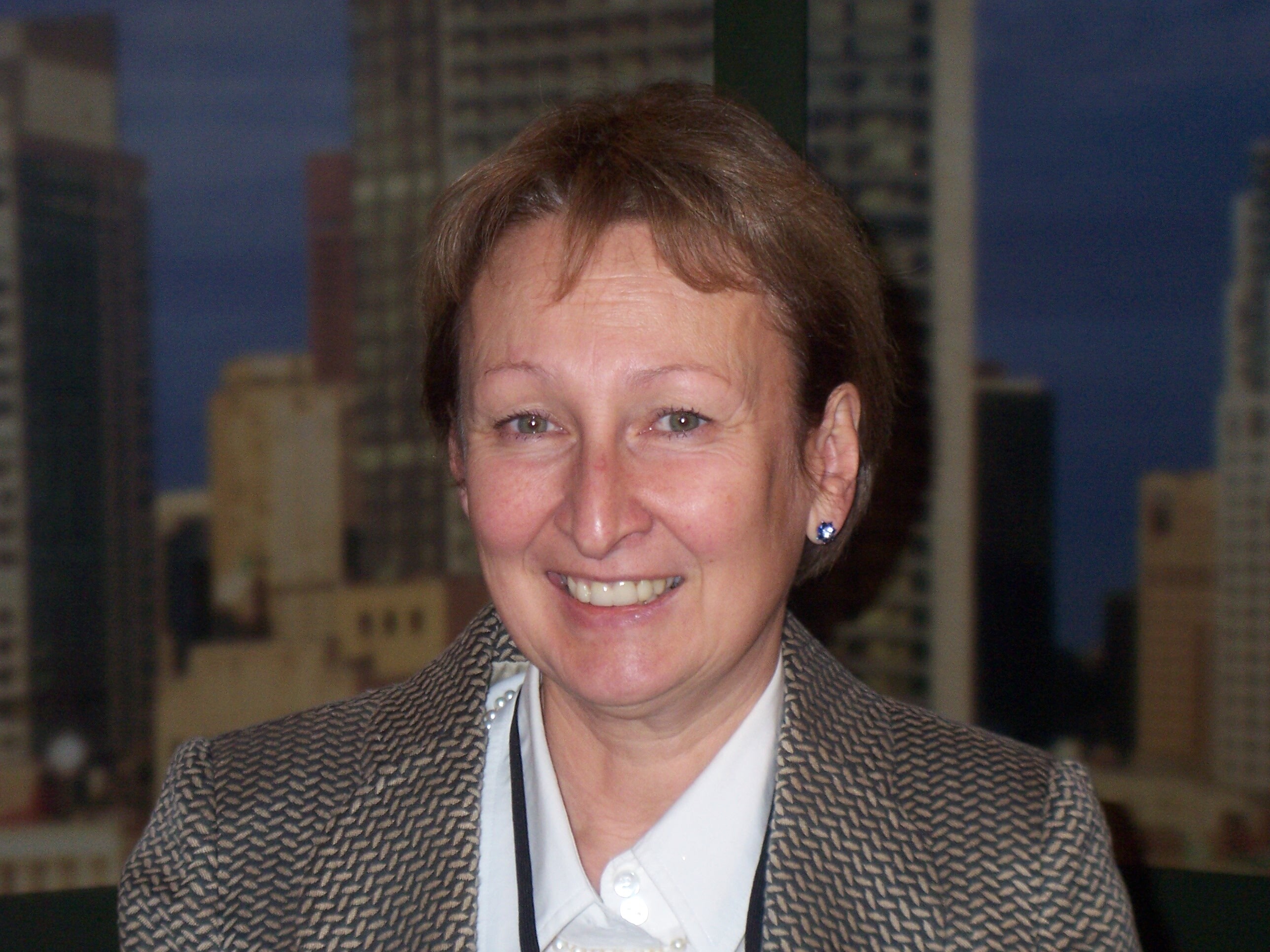 |
Beatrice Hahn, MD University of Alabama, Birmingham |
Her group and other groups have worked for years to determine the origin of HIV. Among other items discussed she covers the evolution and original leap from chimpanzee to human of the virus that causes AIDS. This effort has taken years to collect and nalyze samples of chimpanzee droppings, which were determined to be HIV clades M and N. The methods that were used and the replication of the methods confirmed the results even in clade O. While this is good to know information, it may become valuable as conceptual development of a vaccine or anti-HIV treatments or in potential even in non-HIV epidemics. |
 |
 |
 |
| |
|
|
|
|
|
|
| |
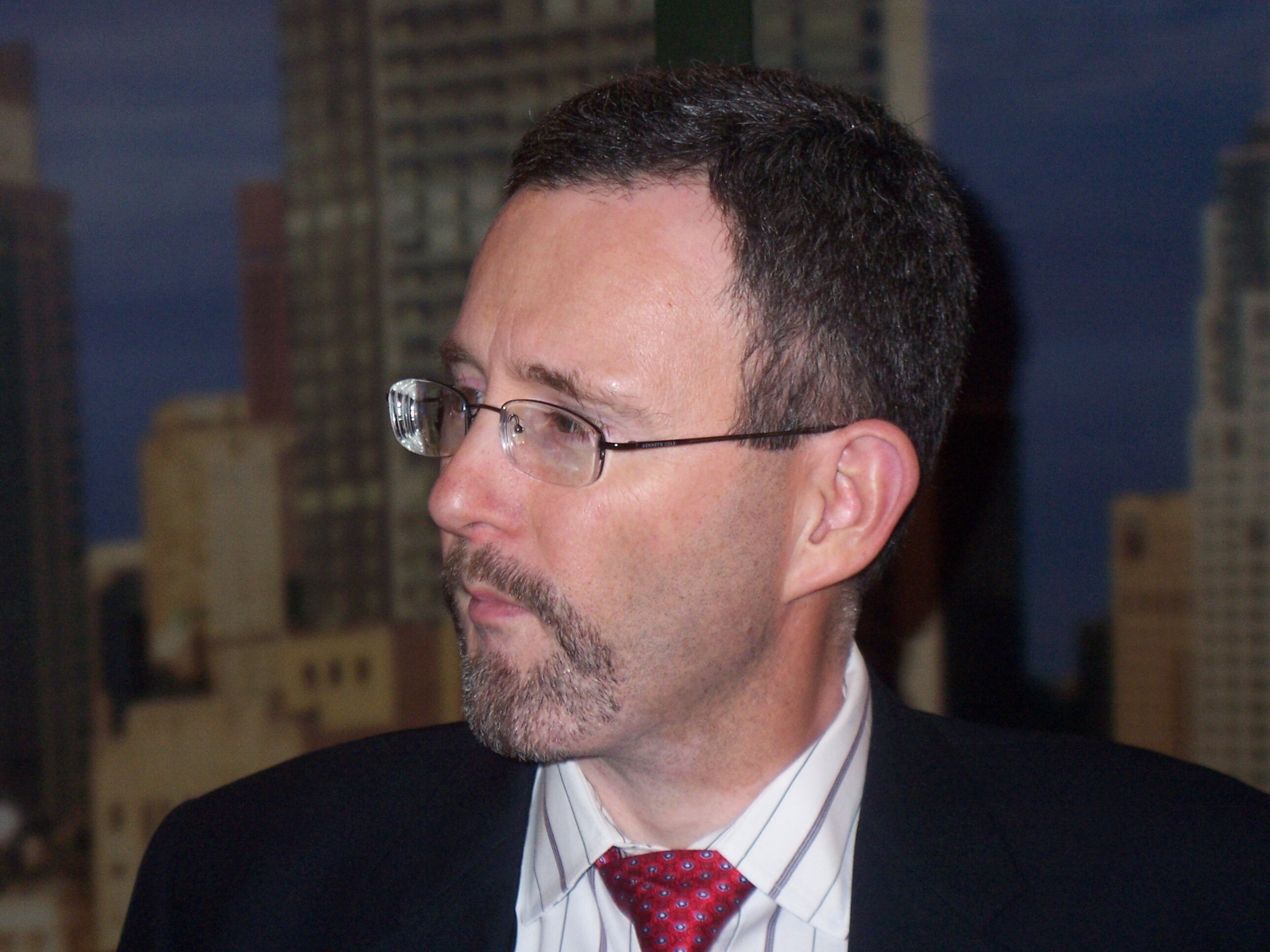 |
Richard Haubrich, MD Professor of Medicine, University of California |
He’ll cover the longer-term data on the new compounds and new classes and the prospect and goal to obtain durable viral suppression especially in the Benchmark study in treatment experienced patients. He’ll cover more through analysis of studies in naïve populations and second-line regimens, as well as treatment side effects. |
 |
 |
 |
| |
|
|
|
|
|
|
| |
 |
Wolfgang Hladik, MD, MSc Centers for Disease Control |
With the huge HIV infected population in Sub-Saharan Africa, Wolfgang presented the surveillance data at the CROI, in relation to HIV risk factors in adults, with over 20,000 participants. He describes is future work in collaboration with the Minister of Health of Uganda, and how it will be implemented through unique sampling techniques. |
 |
 |
 |
| |
|
|
|
|
|
|
| |
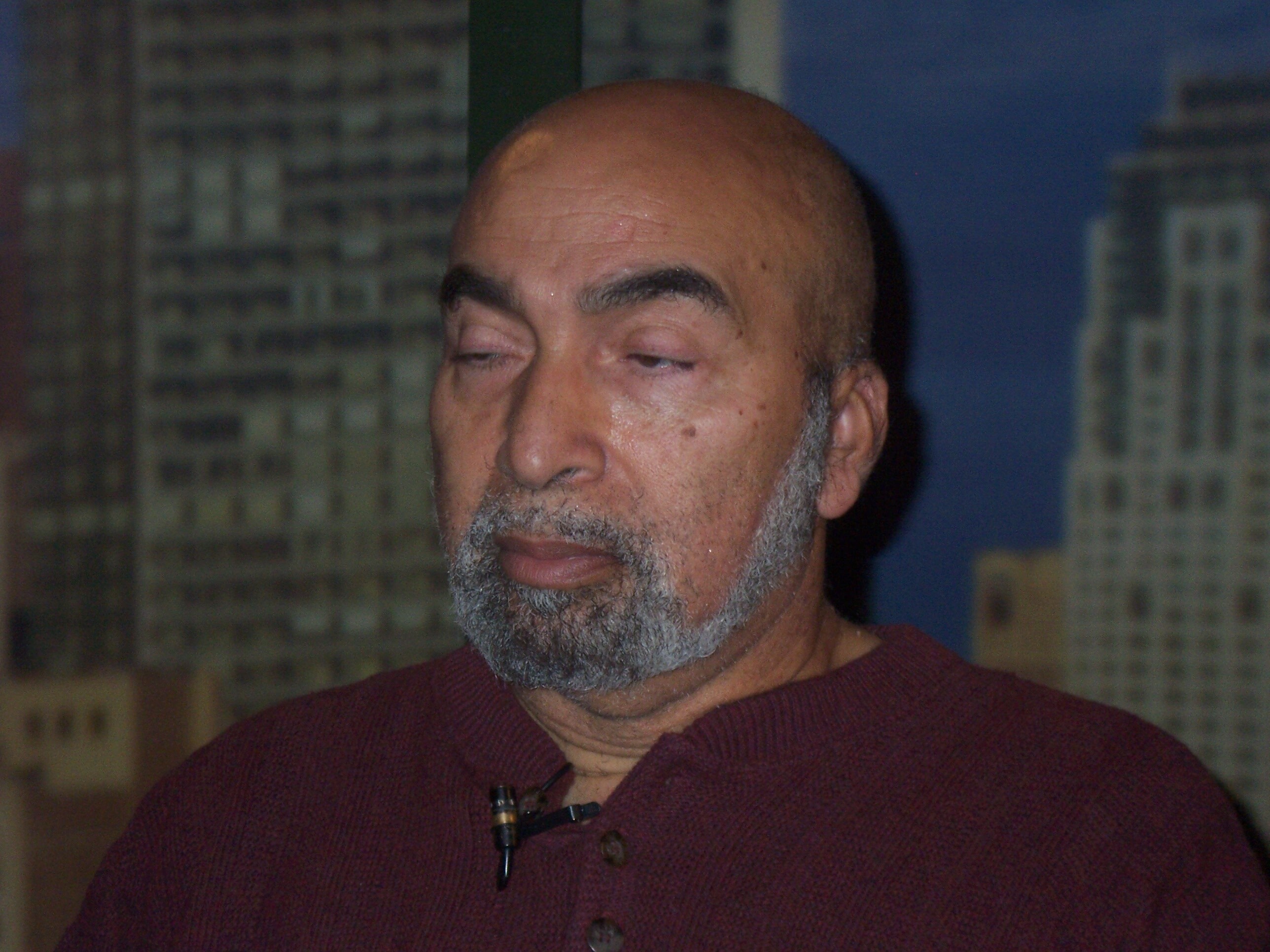 |
Wilbert Jordan, Director Oasis Clinic |
He discusses the NMA project, in twice a year testing in the high prevalence communities. He covers some of the social risk factors, such as various forms of domestic violence, lack of effective sex education and incarceration concerns. |
 |
 |
 |
| |
|
|
|
|
|
|
| |
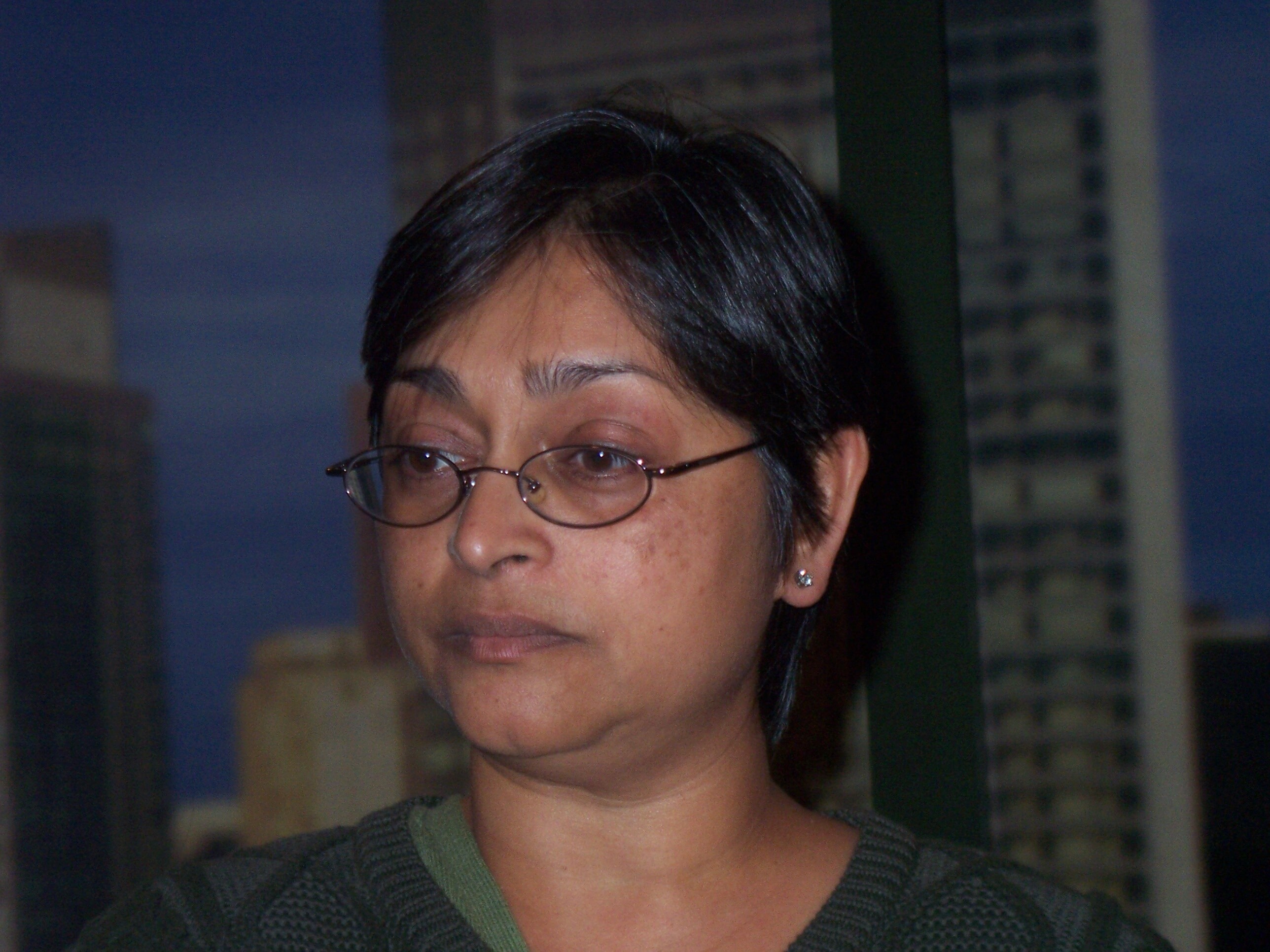 |
Quarraisha Abdool Karim, PhD, Scientific Director, CAPRISA |
She speaks about moving the science forward on microbicides, including those possessing contraceptive properties, antivirals in gel and tablet forms, covering the frequency and appropriateness of use, trial design and the anticipation of roll-out in a community setting. |
 |
 |
 |
| |
|
|
|
|
|
|
| |
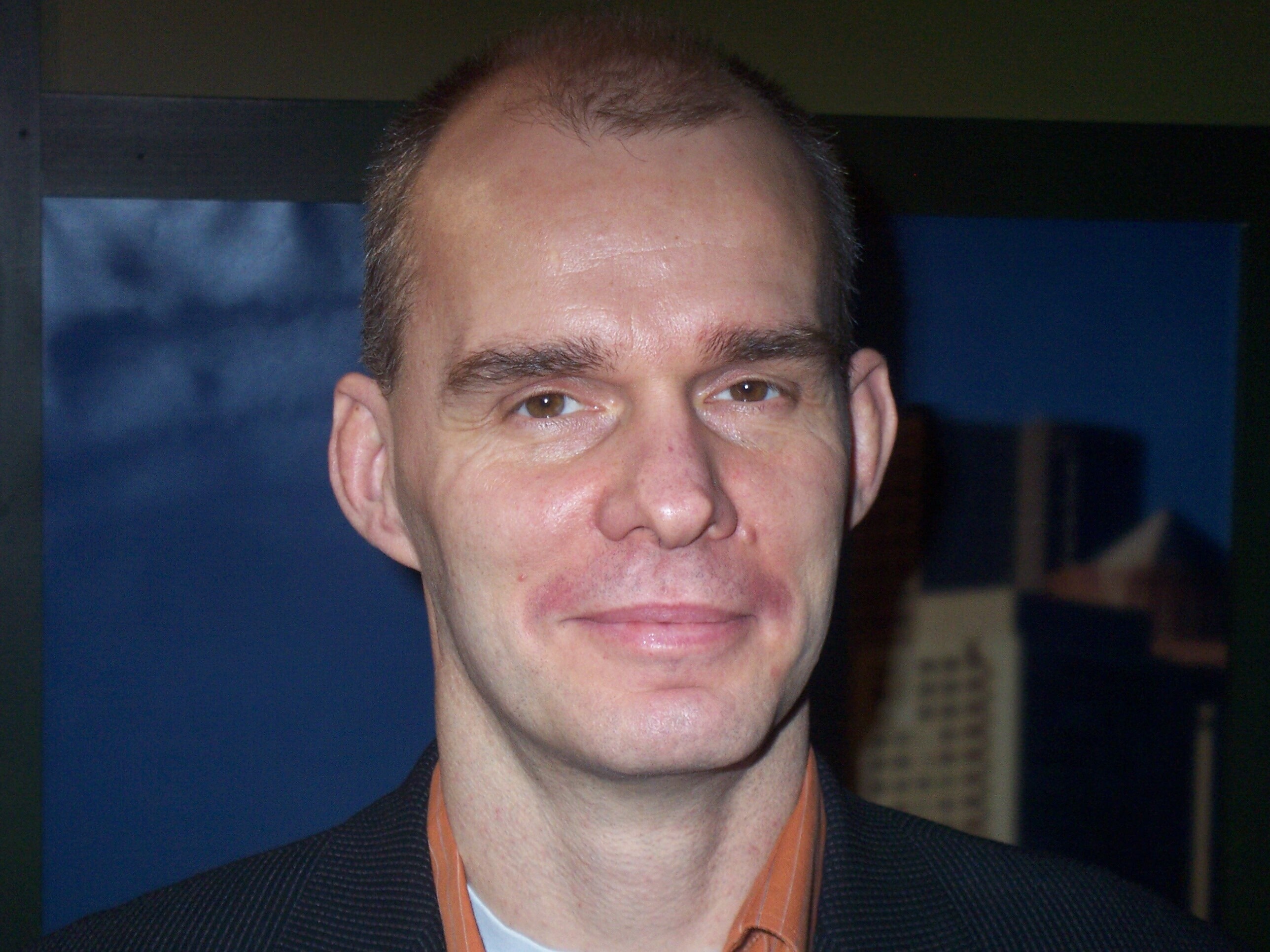 |
Frank Kirchhoff, Professor, University of Ulm |
His presentation at CROI introduced his work in understanding the hundreds of compounds that either enhance or inhibit the virus. Some of the compounds or peptides may eventually be modified to be more useful in inhibition of the HIV virus. He will speak about his hopes for next steps to move this area of work along with his colleagues around the World. |
 |
 |
 |
| |
|
|
|
|
|
|
| |
 |
Franco Lori
Scientific Director RIGHT |
Dr. Lori speaks about his most recent work on Dermavir, a therapeutic immunization that takes advantage of and enhances antigentic property of the langerhans cells in the human body. He will cover the doses and the trials that are currently underway around the World. |
 |
 |
 |
| |
|
|
|
|
|
|
| |
 |
Lynne Mofenson, MD Chief, Pediatric, Adolescent and Maternal AIDS Branch, NIH |
She discusses the two pediatric epidemics, both US and low resource Countries. Contrasts are made between the treatment of HIV infected children and treatment of adults and its complexities. Her talk will certainly provoke more discussion about the need for more advocacy for access to and implementation of appropriate treatment for children. |
 |
 |
 |
| |
|
|
|
|
|
|
| |
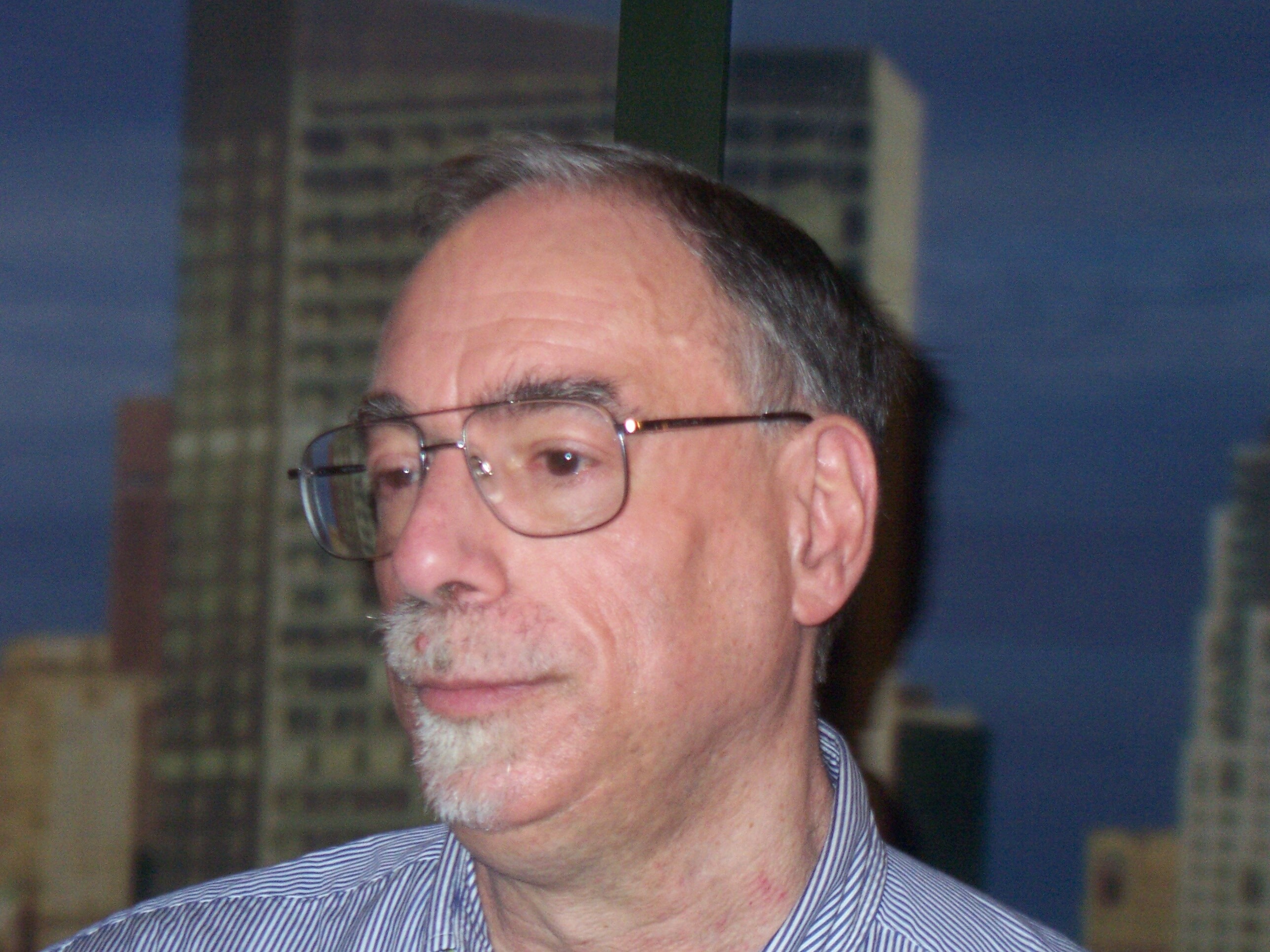 |
Steven Muchnick, PhD Community Advocate, San Francisco |
Steven was one of the 35 community scholarship recipients to this years CROI. He will provide his perspective on this, his first CROI, and his advocacy on many subjects which are covered at this years conference. He has a wide range of interests, and will explore them in this interview. This interview covers the importance of community scholarships, as well as the importance to communicate what he has learned back to his local organizations. |
 |
 |
 |
| |
|
|
|
|
|
|
| |
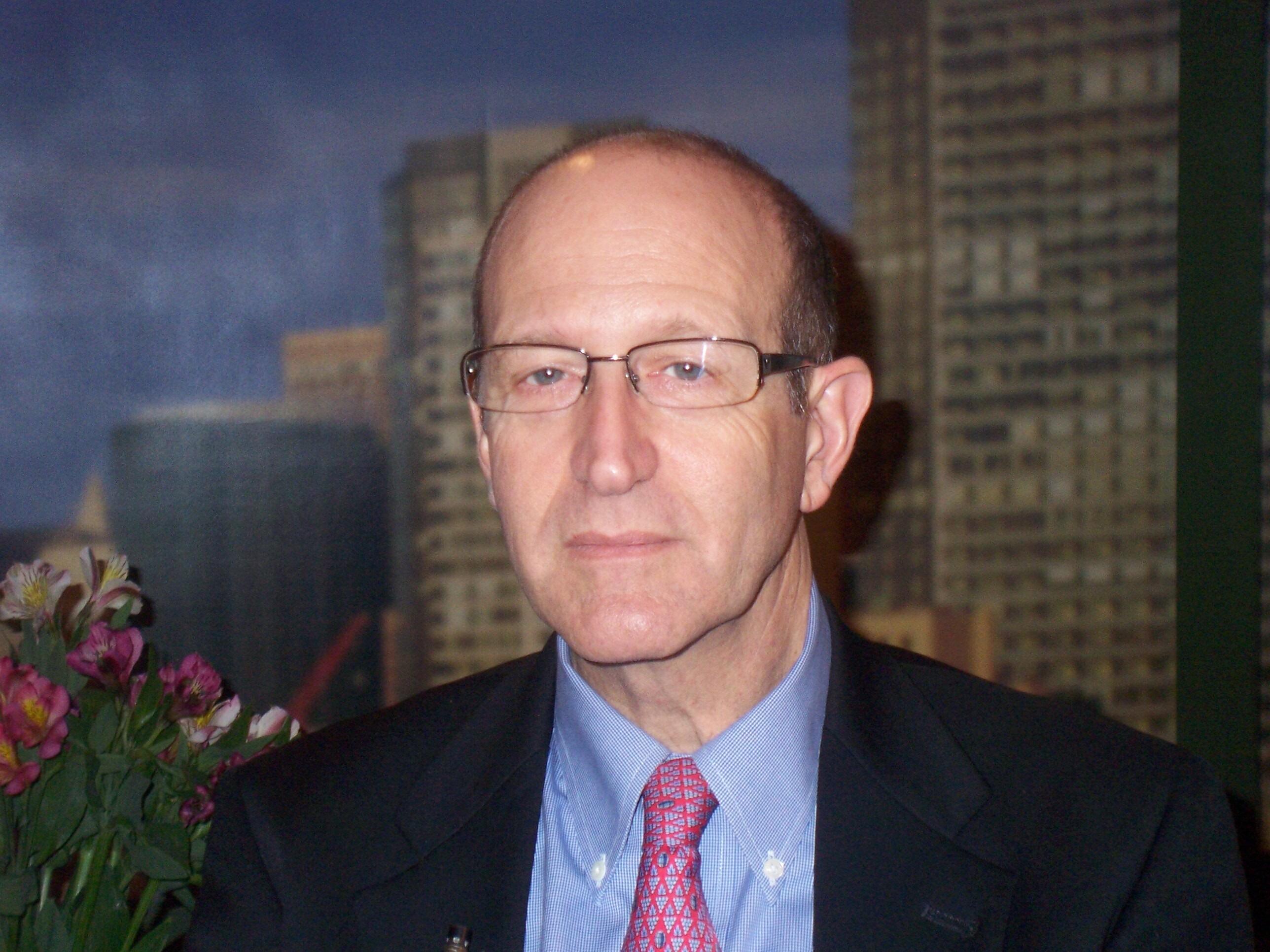 |
Gary Nabel, MD, PhD Director, Vaccine Research Center, NIH, NIAID |
As director of the NIH Vaccine Research Center, he stays focused on both new concepts and the learning even from the failures of vaccine candidates. He’ll examine the learning process with us and the collaborations, basic research, viral diversity of HIV, pathogenesis of the virus, and new information about the crystal structure of the envelope. The next step is for the VRC to cover yet another concept of vaccine research into their next candidate to be studied shortly as well as other vaccine research opportunities with multiple clades around the world. |
 |
 |
 |
| |
|
|
|
|
|
|
| |
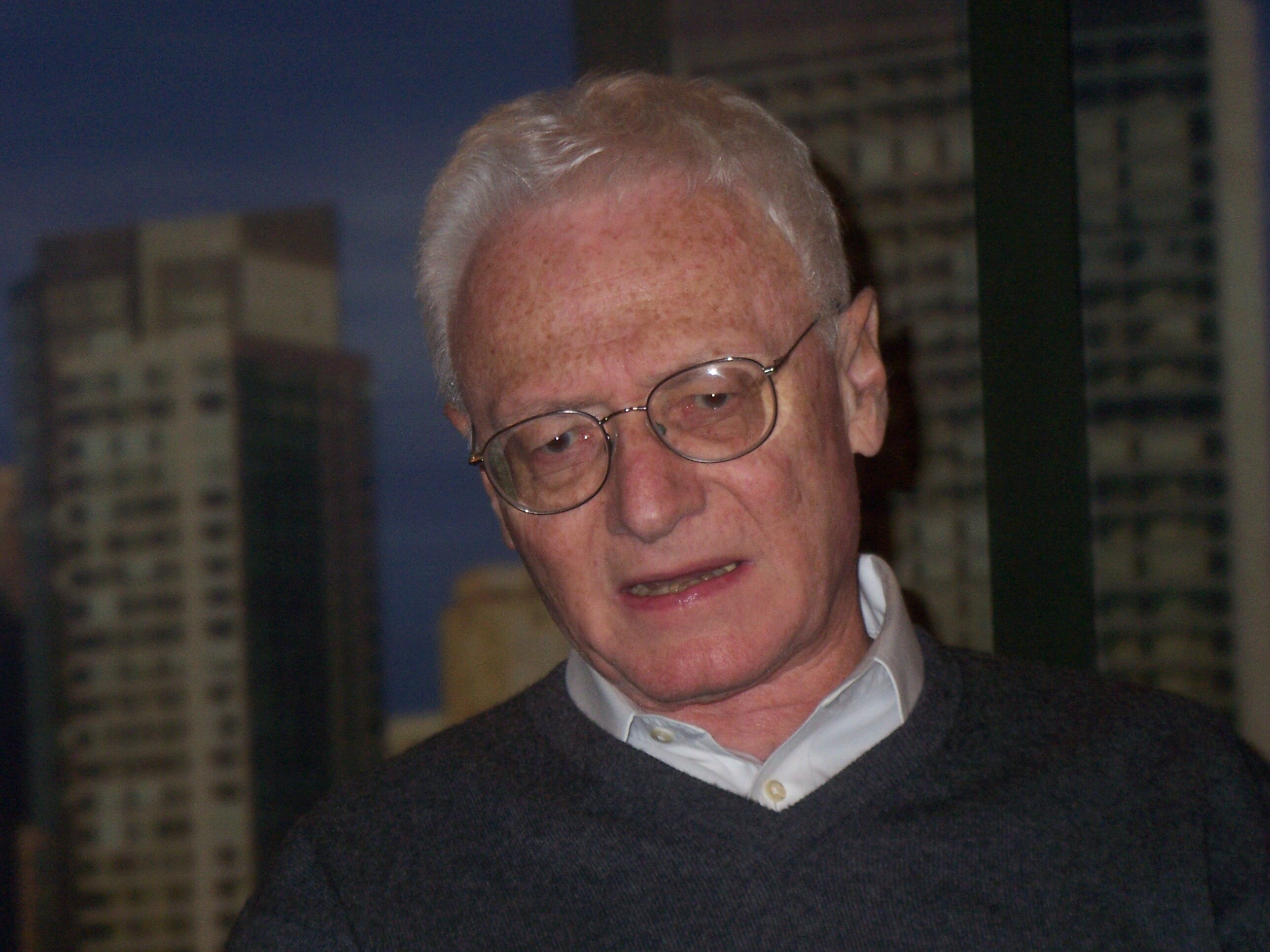 |
Neil Nathanson, MD Associate Dean, Global Health Program, University of Pennsylvania Medical Center |
Dr. Nathanson presented a plenary at CROI about the difficulty in the development of a vaccine for HIV. The Complexity of development a vaccine against a chronic infection and an antibody concept of vaccination are two of the focuses of his talk. He’ll speak to the possibility of novel approaches that are currently being evaluated, through consultations and special meetings on vaccine development. |
 |
 |
 |
| |
|
|
|
|
|
|
| |
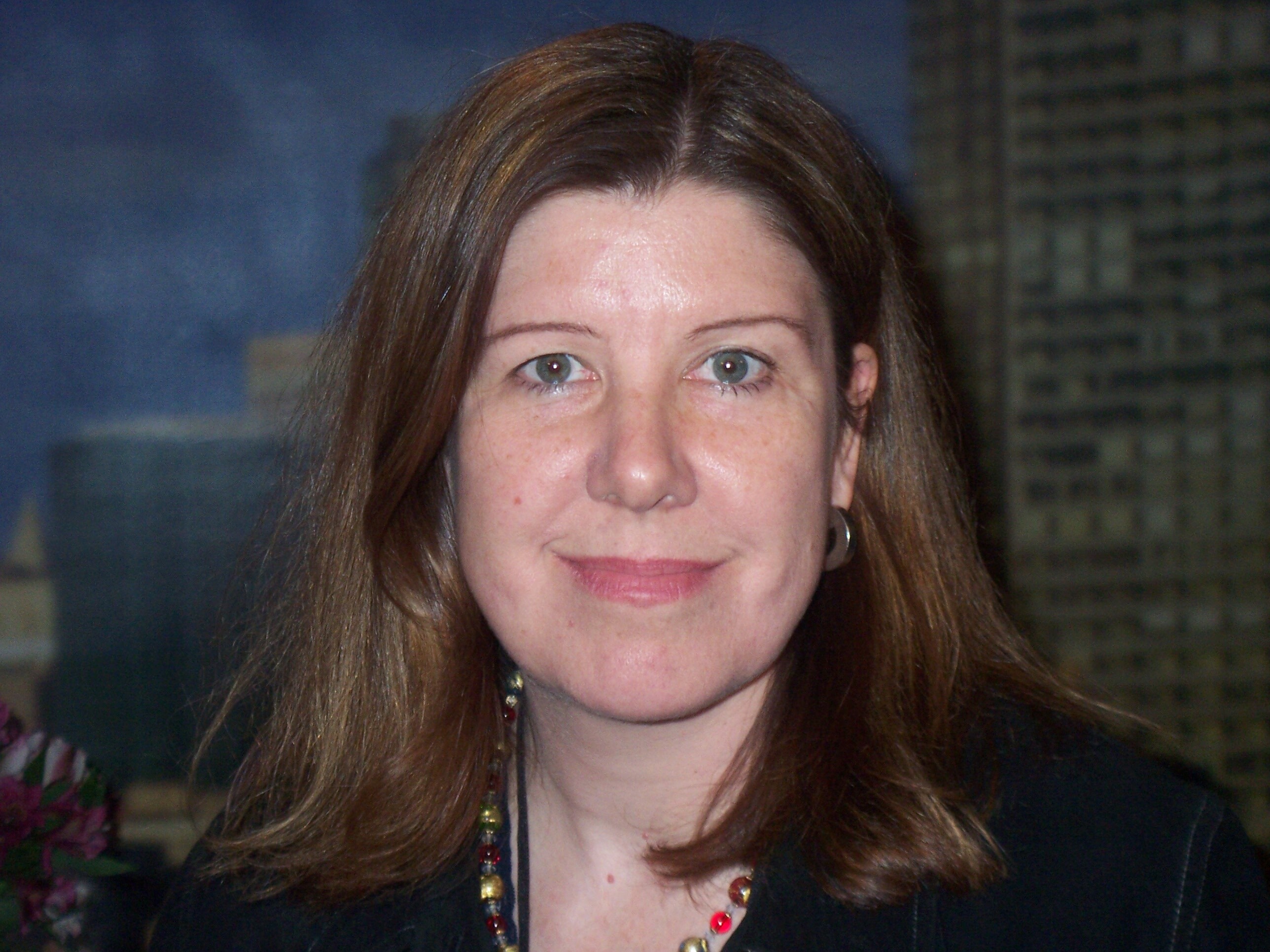 |
Sarah Pett, BSc. National Center in HIV Epidemiology |
She will present a new compound that is in pre-clinical development phase. This new compound seems to be safely tolerated in healthy volunteers as well as a respectable 1.3 log decline to short course treatment in a pilot study, very similar to others CCR5’s further along in development. Interestingly, it has a 40 hour drug half life boosted so it could likely be considered as a once-daily treatment. |
 |
 |
 |
| |
|
|
|
|
|
|
| |
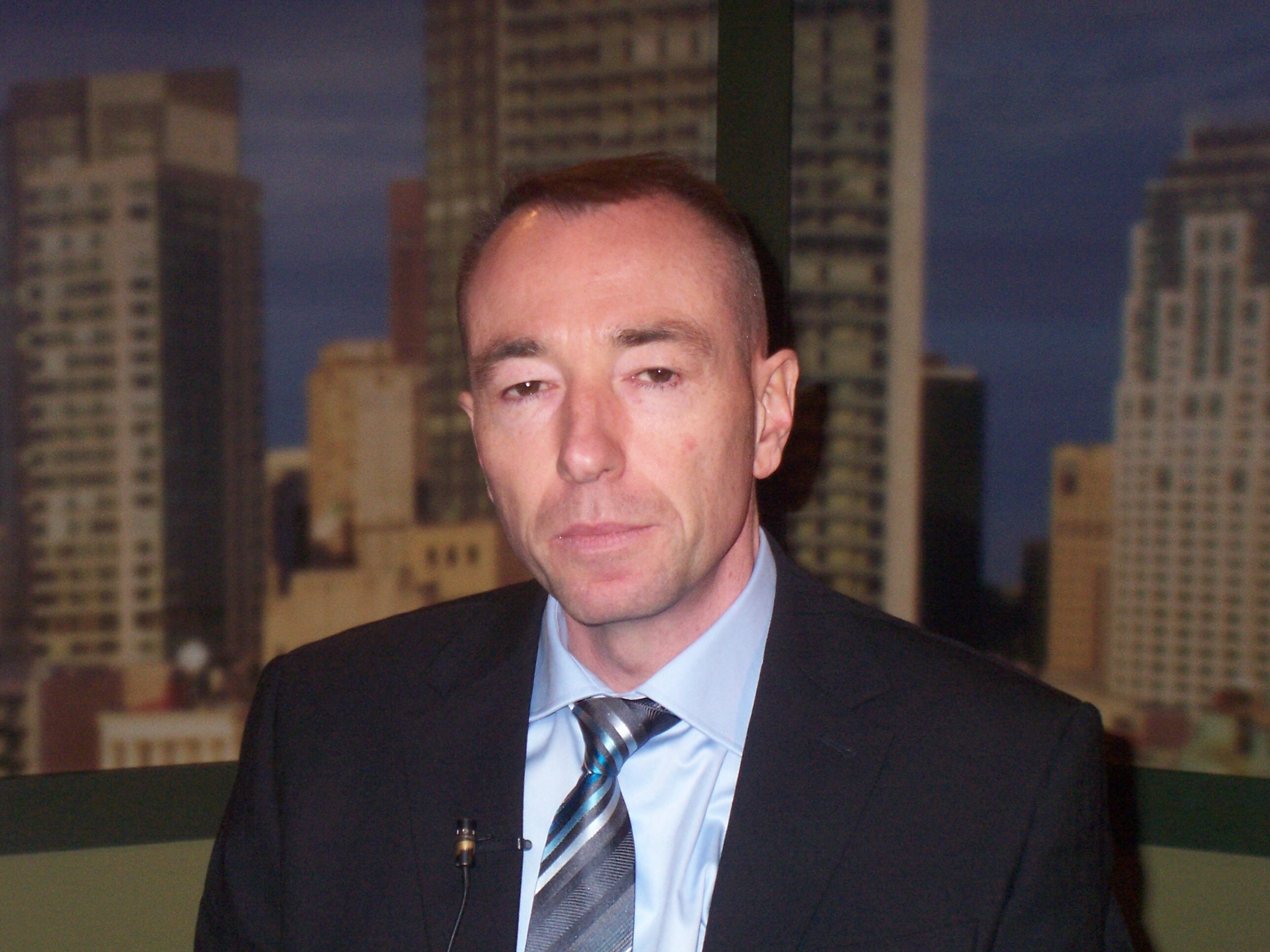 |
Andrew Phillips, MD Professor of Epidemiology, University College, London |
Dr. Phillips will discuss the data that he presented about a variety of ways in which HIV infection may increase the risk of conditions outside of AIDS itself, through comparisons with people who are not positive, comparisons of HIV infected people of different levels of CD-4 counts as well as to induce a change in viral load then determine change in increase. He will cover the outcomes and make some speculation about the cause of this phenomenon, and other research that may evolve from this research. |
 |
 |
 |
| |
|
|
|
|
|
|
| |
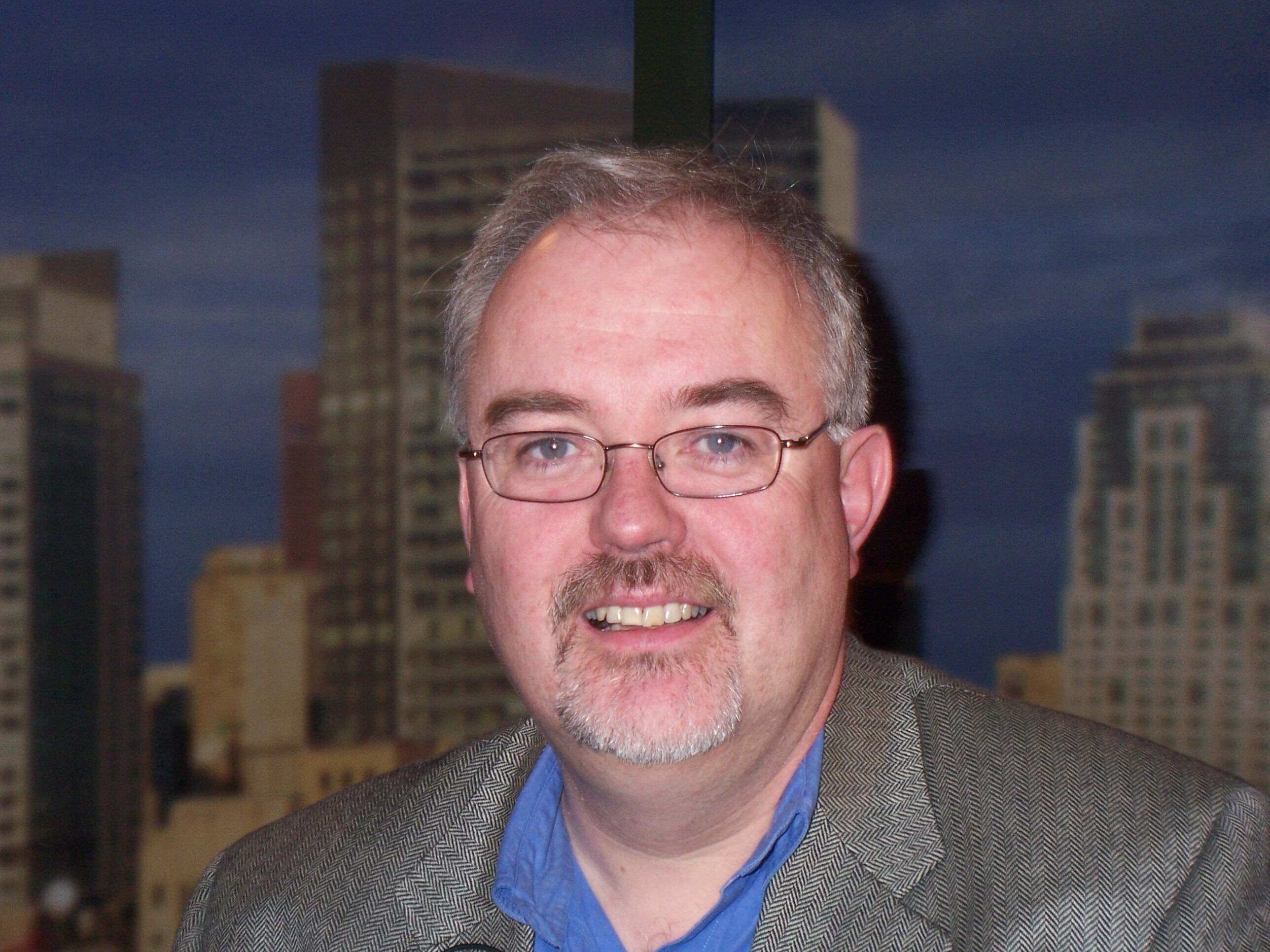 |
William Powderly, MD Dean, University College, Dublin School of Medicine |
Dr. Powderly advocates for a better understanding of quality of life, risk reduction in prevention, and effective treatment in the Aging HIV patient. He covers the changing ability of the bodies immune system to function as it ages. Other areas of his discussion are the heart disease, bone disease, and the need for effective primary care. |
 |
 |
 |
| |
|
|
|
|
|
|
| |
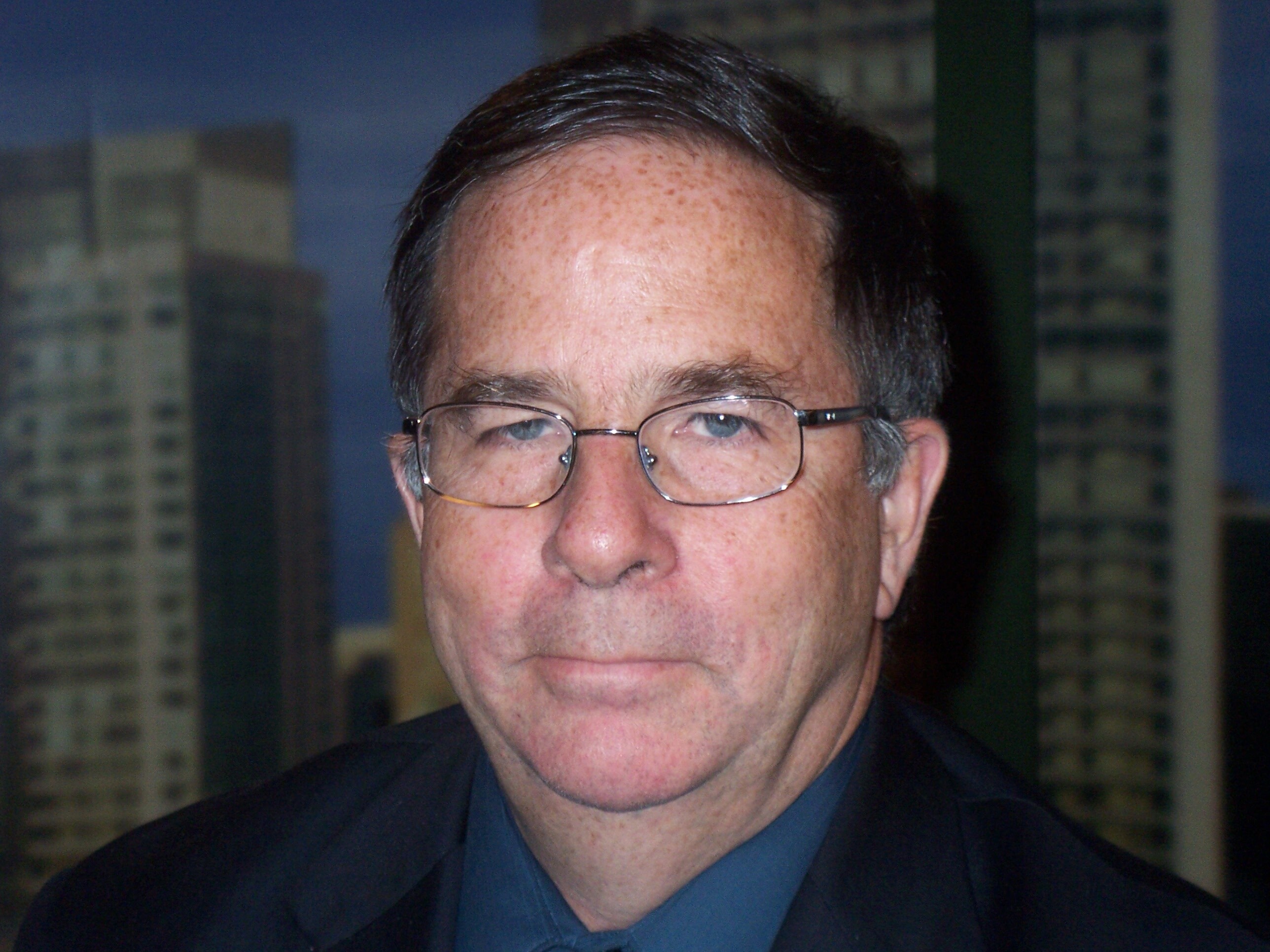 |
Robert Schooley, MD, Head Division of Infectious Diseases, University of California, San Diego |
He presented at CROI about the natural mechanisms which fight the HIV virus. He explores the opportunities to stimulate or assist these natural mechanisms for improvement, either through a therapeutic vaccine concept or anti-HIV treatment. He will speak specifically about his research on an adeno virus and its results, as well as how to evolve a more effective and durable response. |
 |
 |
 |
| |
|
|
|
|
|
|
| |
 |
Waheedah Shabazz-El Community Organizer/Trainer, CHAMP/Penn CFAR |
Waheedah is an AIDS activist who works with SFAR and CHAMP in Philadelphia. She will describe her efforts to evidence and improve prevention in the US, through organizations, events, regulators, industry and local, state and federal governmental agencies and legislation. |
 |
 |
 |
| |
|
|
|
|
|
|
| |
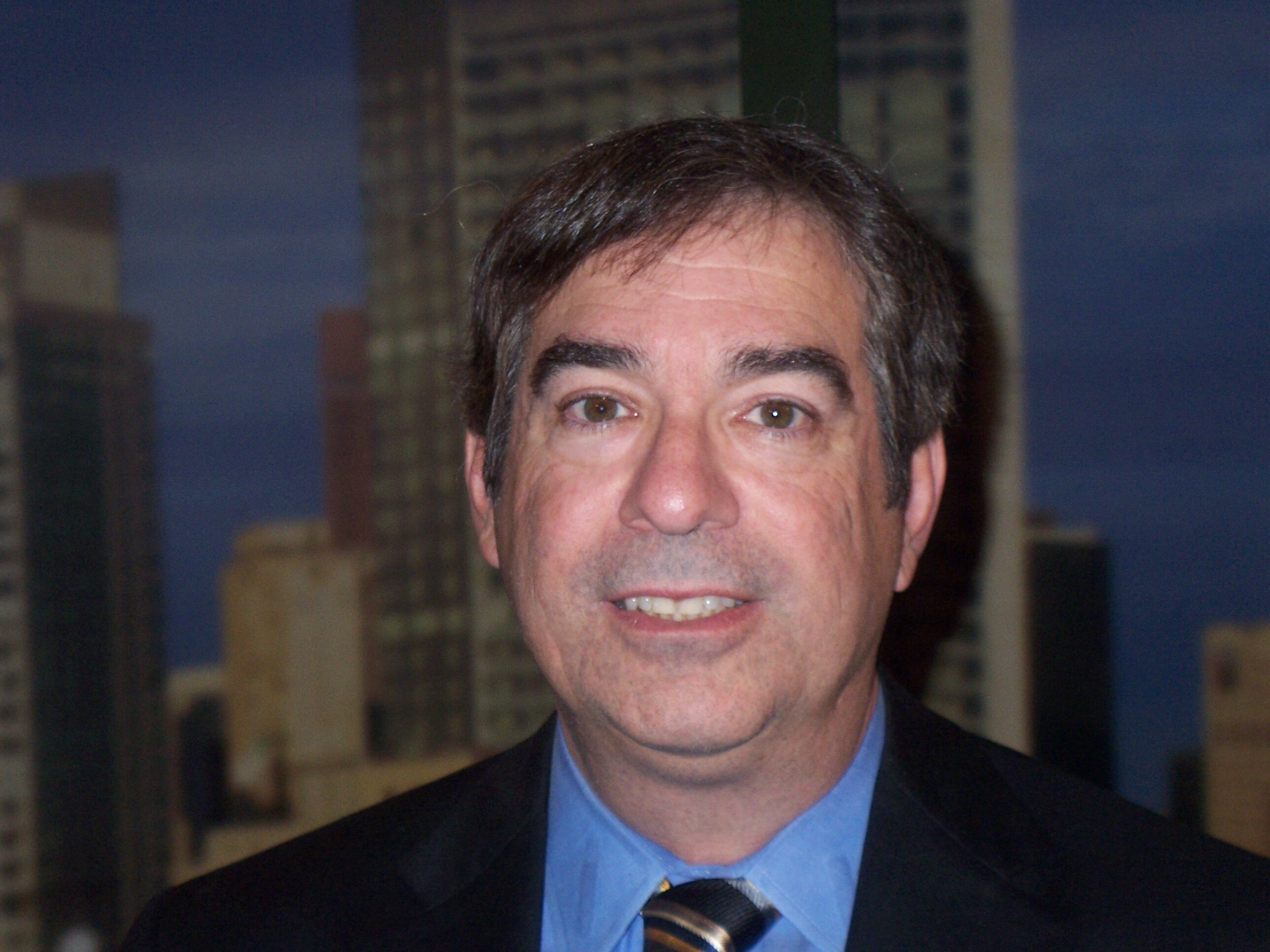 |
Ken Sherman, MD Professor of Medicine, University of Cincinnati |
He will address his work on the Slam-C study to reduce progression, through sustained long-term antiviral maintenance therapy using weight based Ribavirin in co-infected patients who failed Hep – C treatment. He will review the drugs in the Hepatitis pipeline some moving into phase III development, and the combinations that may be used in the next studies, based upon the drug interactions in co-infected patients on Anti-HIV treatment. |
 |
 |
 |
| |
|
|
|
|
|
|
| |
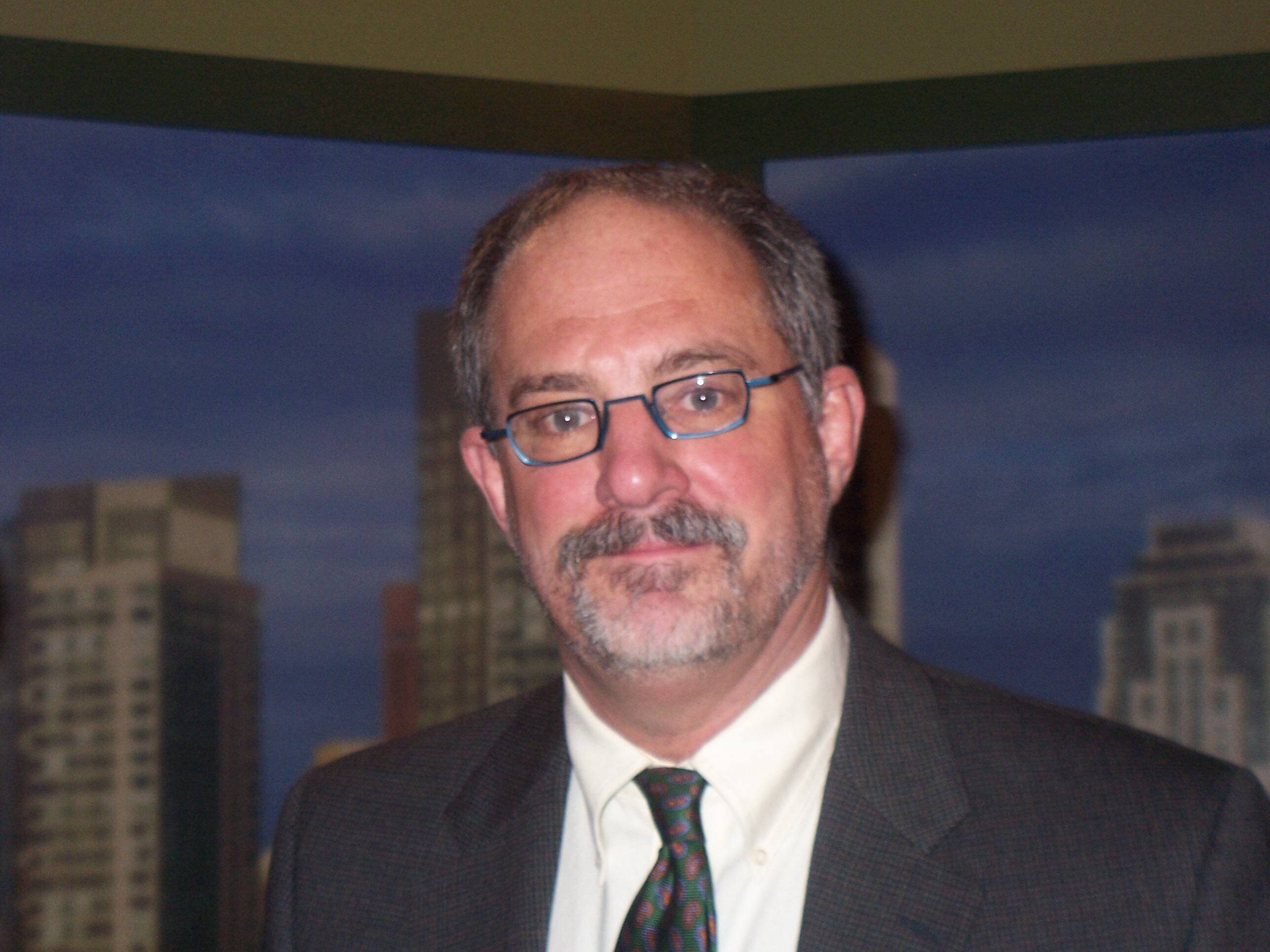 |
Ron Stall, PhD, Professor University of Pittsburgh |
He will present his work in producing a literature review of the prevention research in gay men. He will discuss if HIV prevention is working and how we can make it better. His approach and understanding of this topic is realistic and provides some practical solutions to prevention in gay men. |
 |
 |
 |
| |
|
|
|
|
|
|
| |
 |
Timothy Sterling, MD Associate Professor of Medicine, Vanderbilt University |
Tim has presented important new treatment development information on TB, which was one of the first symposia devoted to TB at a CROI meeting. He discusses the importance of the development of shorter treatment regimens to minimize the relapse rate based upon access issues. He’ll talk about the options that are being explored, including directly observed therapy and which of the new compounds look more promising as well as time-lines for those new prospects. |
 |
 |
 |
| |
|
|
|
|
|
|
| |
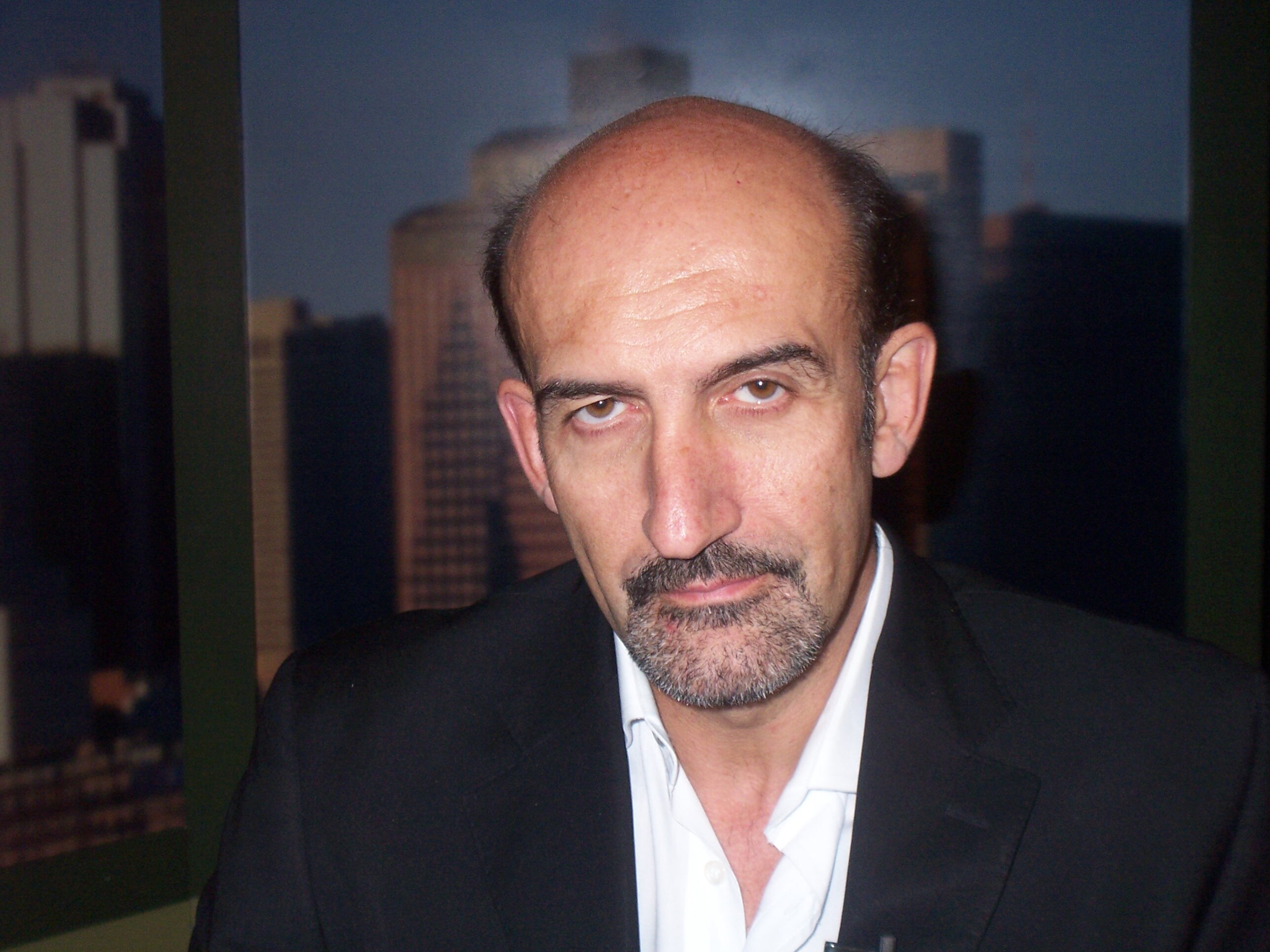 |
Mario Stevenson, PhD Professor, University of Massachusetts Medical School |
Mario grounds us in the reality of the loss of another vaccine candidate, while expressing excitement about new research described in two major publications on genetic research giving us insights into the workings of HIV, which were featured in several sessions, especially in the new investigators pre-meeting. Mario doing work himself into the field of genetics and basic research is well placed to introduce these important new areas which will move not only the field of HIV along but reveal a major leap forward for all areas of research. |
 |
 |
 |
| |
|
|
|
|
|
|
| |
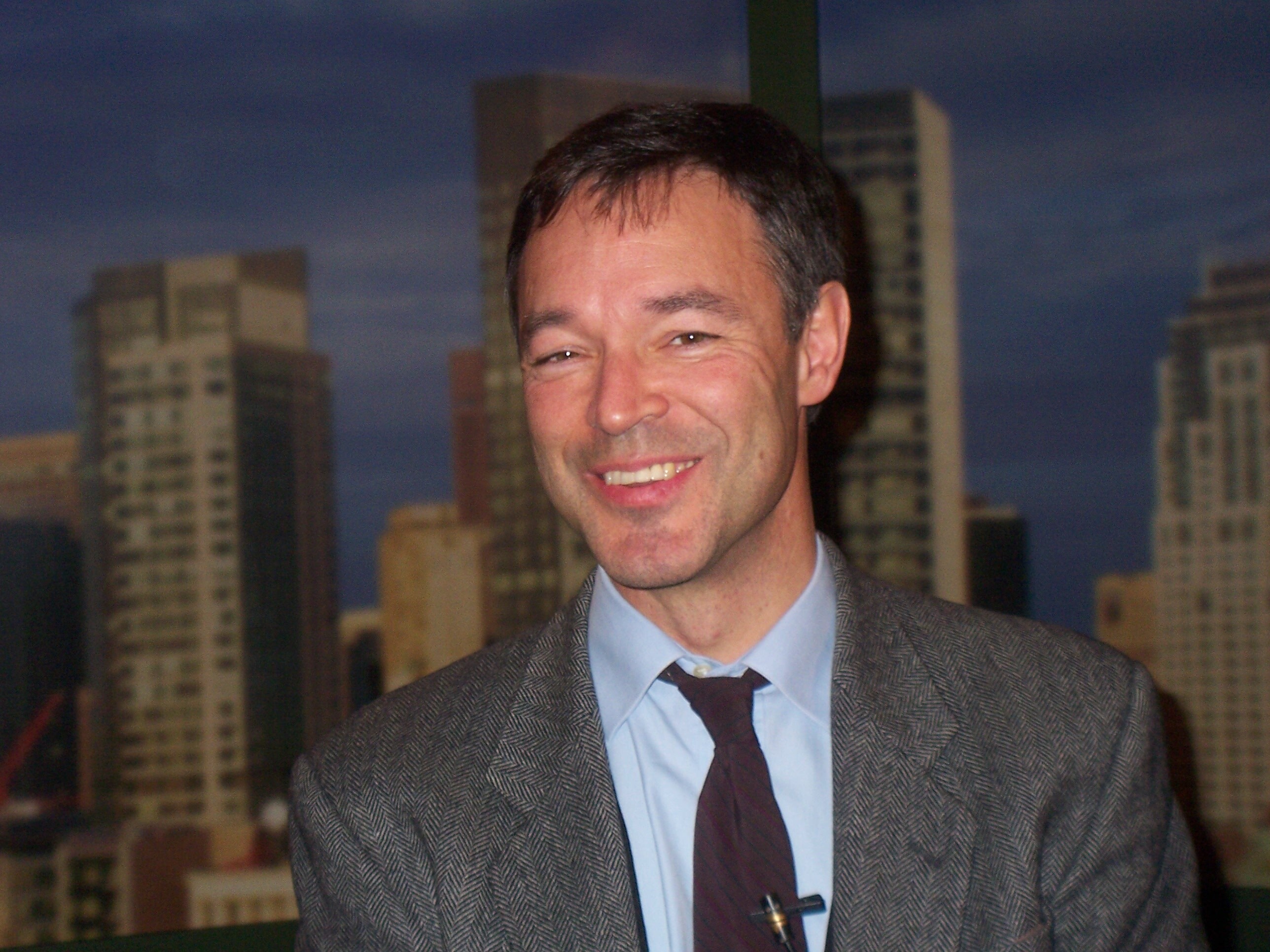 |
Amalio Telenti, MD, PhD Professor of Medical Virology, University of Lausanne, Switzerland |
Amalio will communicate with us what he and science has learned about the pieces of the new world of genomics and the relationship to HIV disease. What will be the impact in genomics on HIV and medicine in the future, and how will be use this information will also be covered as well as some of the social implications of this new information. |
 |
 |
 |
| |
|
|
|
|
|
|
| |
 |
Aldwin Vriesema, Senior Project Leader, Numico Research |
He and his colleague discuss their work with a prebiotic fiber mixture and its effect on gut flora of treatment naïve patients over time, as well as the difference between probiotics and prebiotics. This immune based approach and it’s outcomes in HIV patients will be fully described, along with future plans for more comprehensive immune function studies. |
 |
 |
 |
| |
|
|
|
|
|
|
| |
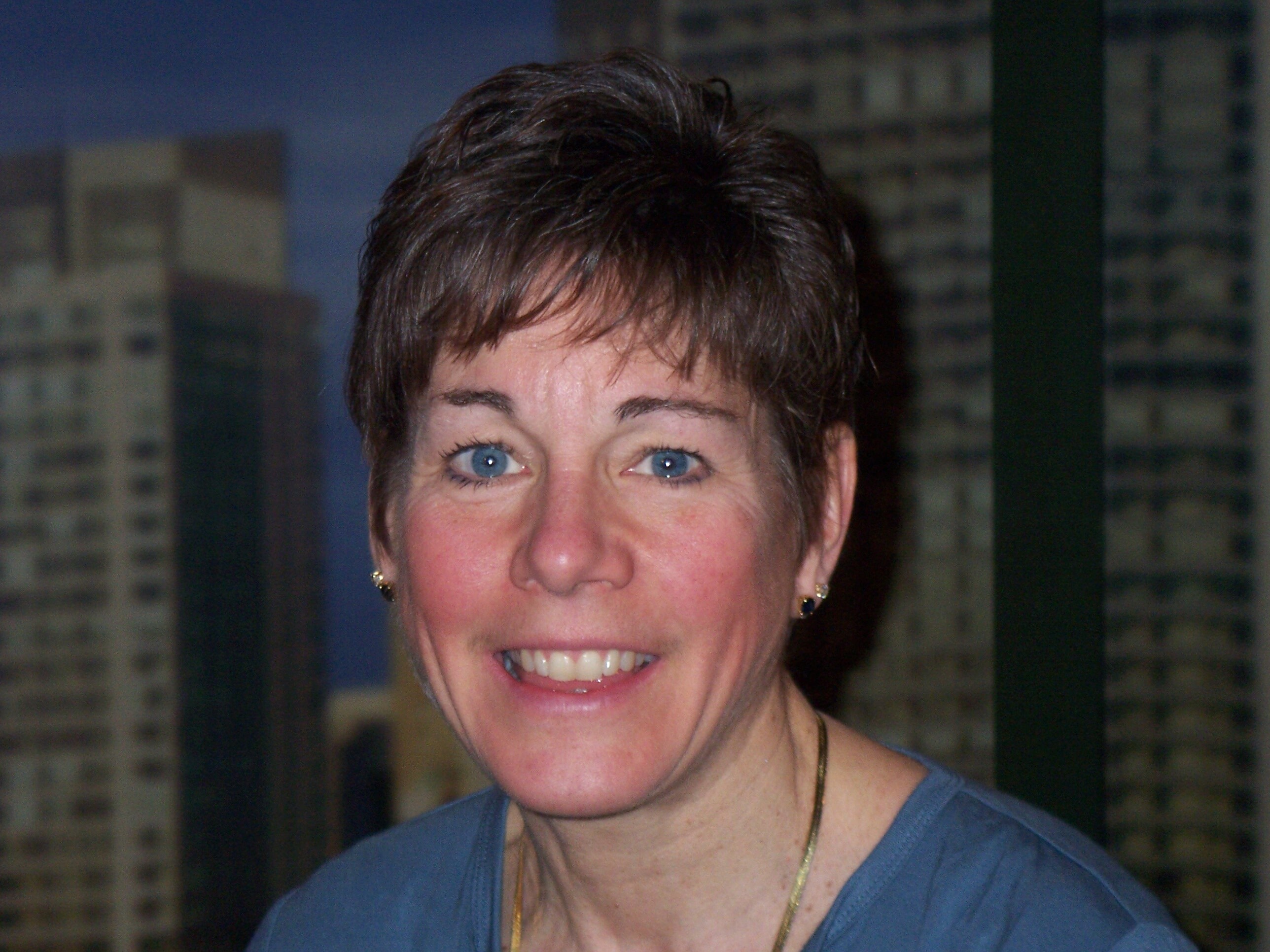 |
Sharon Walmsley, MD University Health Network Toronto, Canada |
She will summarize her presentation at CROI which embraced the importance of attaining durable undetectablity utilizing multiple classes, including some new classes as a new paradigm in treatment strategy. She delivers a strong message about prescribing a treatment regimen which is likely going to achieve this goal, and the importance of patient adherence to insure a regimen will last many years. |
 |
 |
 |
| |
|
|
|
|
|
|
| |
 |
Mitchell Warren, Executive Director, AIDS Vaccine Advocacy Coalition |
Mitchell has described the vaccine trial process in the STEP trial and the next vaccine trials. He suggests that we provide a great deal of thought, planning and creativity as we consider future vaccine trial prospects. New concept trials will also be reviewed as well as trial designs for a therapeutic vaccine. |
 |
 |
 |
| |
|
|
|
|
|
|
| |
 |
Maria Wawer, MD, MHS Professor of Population, Family and Reproductive Health, Bloomberg School of Public Health, Johns Hopkins University |
She will summarize her 20 years of work in HIV in Rakai Health Sciences program in Kampala, Uganda. She covers the importance in her research that included circumcision, prevention measures and abstinence where possible. She and her colleagues, Ron Gray, also from the Bloomberg School of Public Health, Johns Hopkins University and David Serwadda and Nelson Serwankambo of the Makere University School of Public Health in Kampala, Uganda were honored to give the N’Galy-Mann Lecture at this years CROI. She will give her candid recommendations for the application of circumcision around the World as well as further research which is needed to address other populations. |
 |
 |
 |
| |
|
|
|
|
|
|
| |
 |
Alexander Zoufaly, MD University Medical Center Hamburg-Eppendorf |
He explains his work to understand the correlation between aging and increased lymphoma risk, and the need to optimize anti-HIV treatment to reduce viral load as a special factor, directly related to reduction of lymphoma. |
 |
 |
 |
| |
|
|
|
|
|
|

